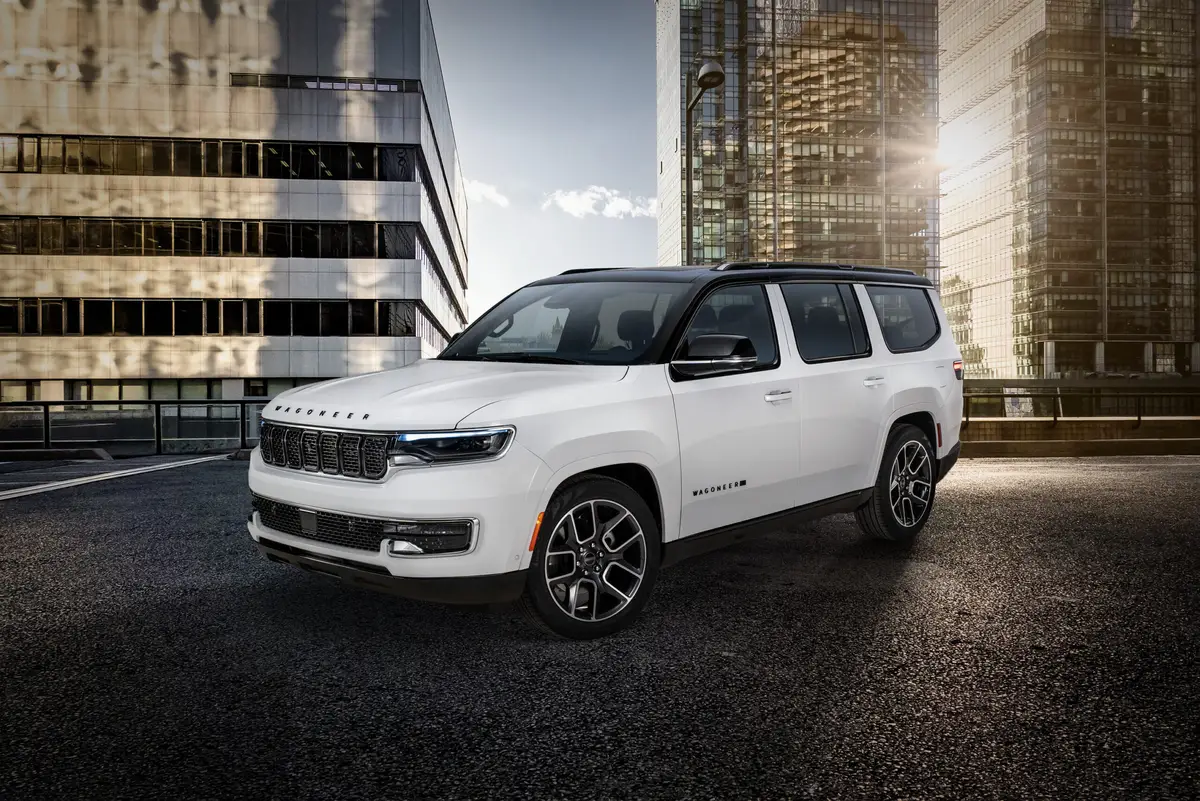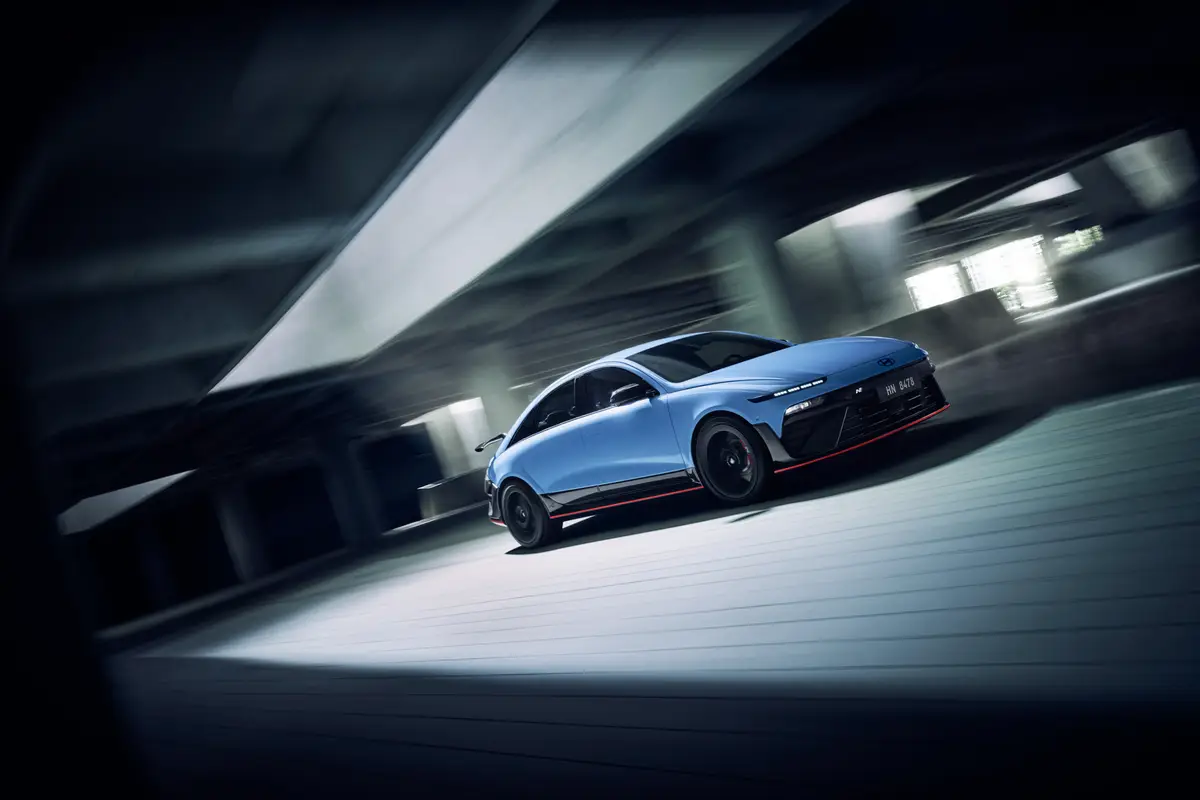2021 Kia Seltos Review: Aiming for a Tinier Telluride

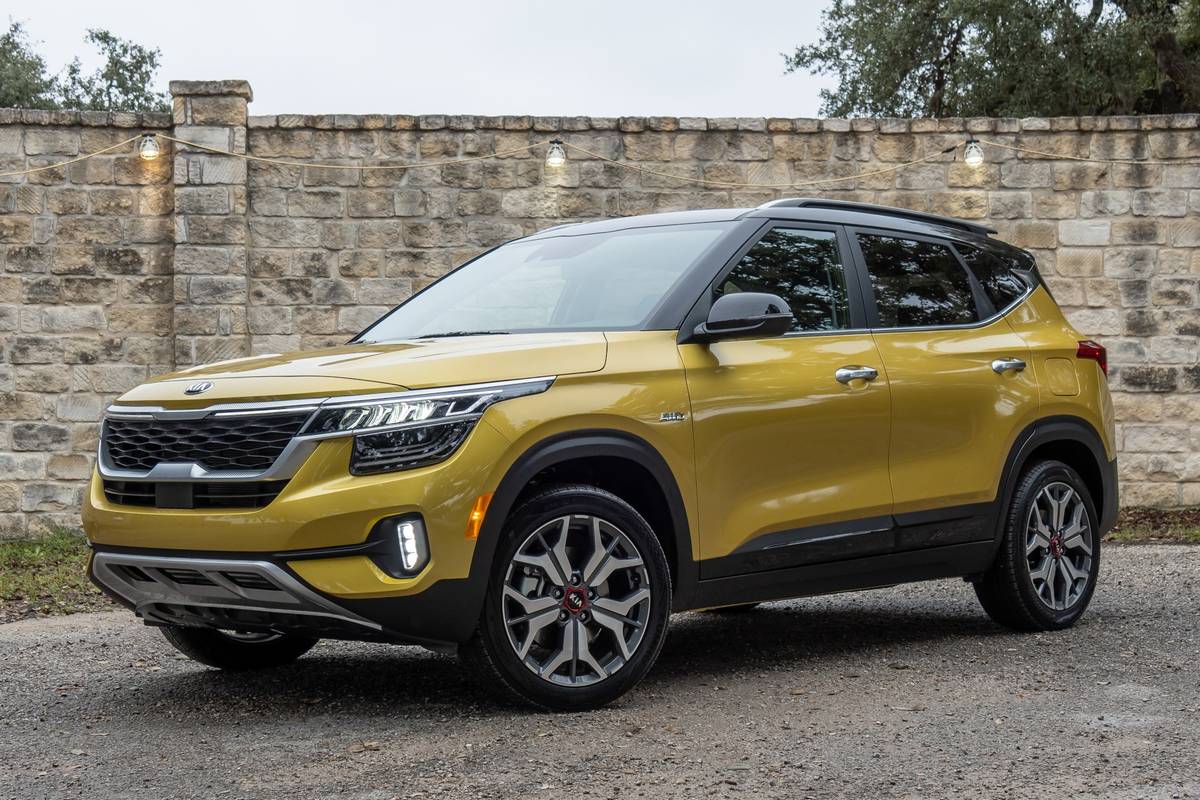
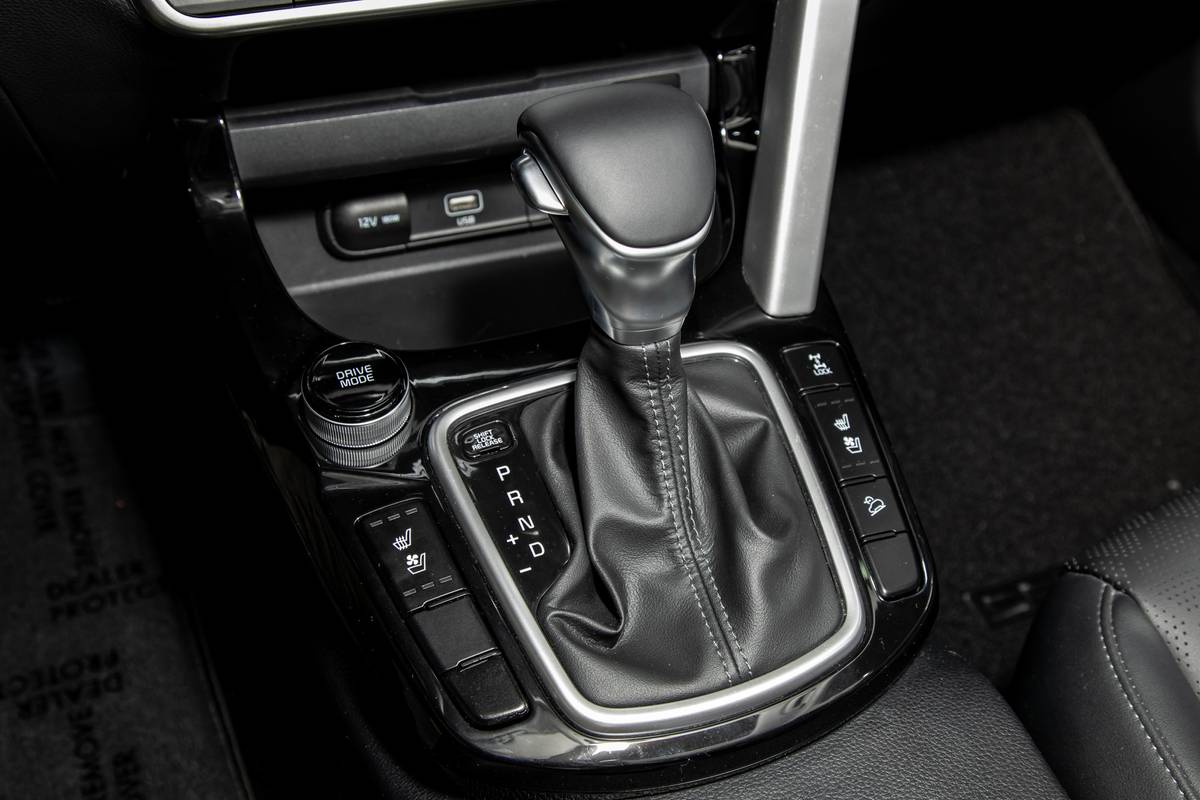
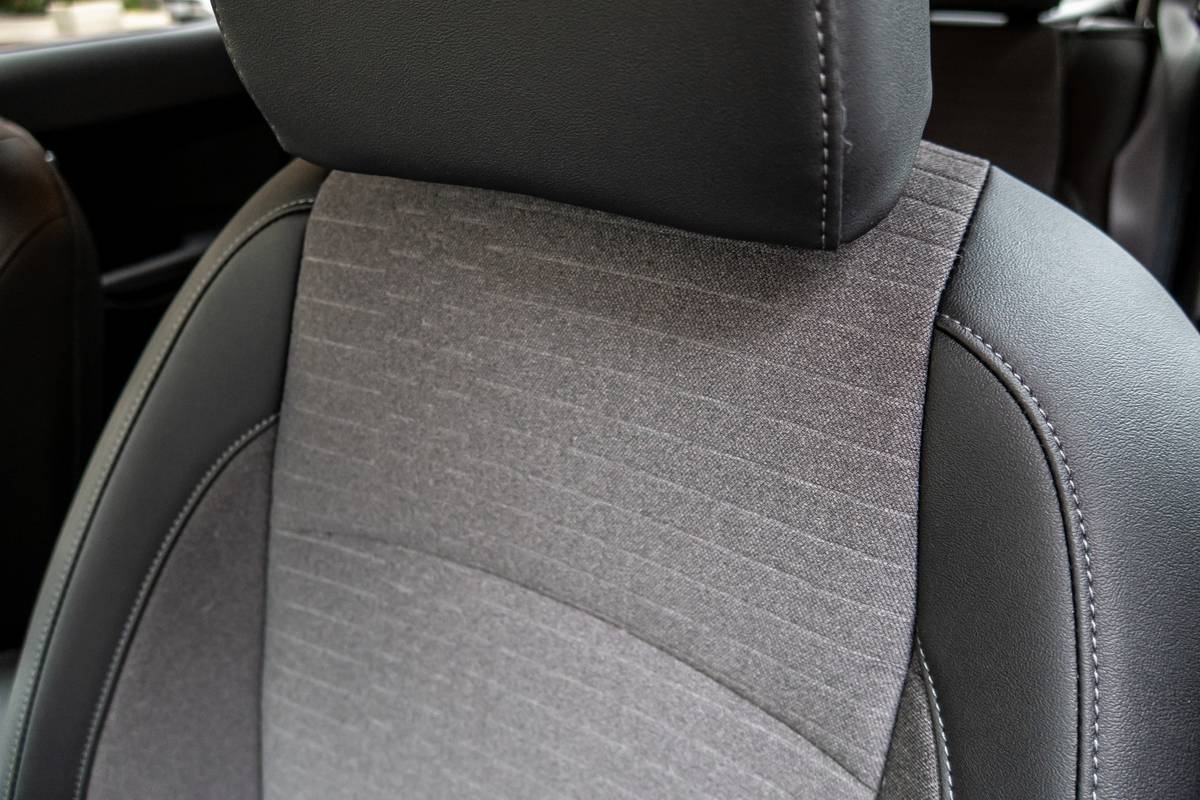
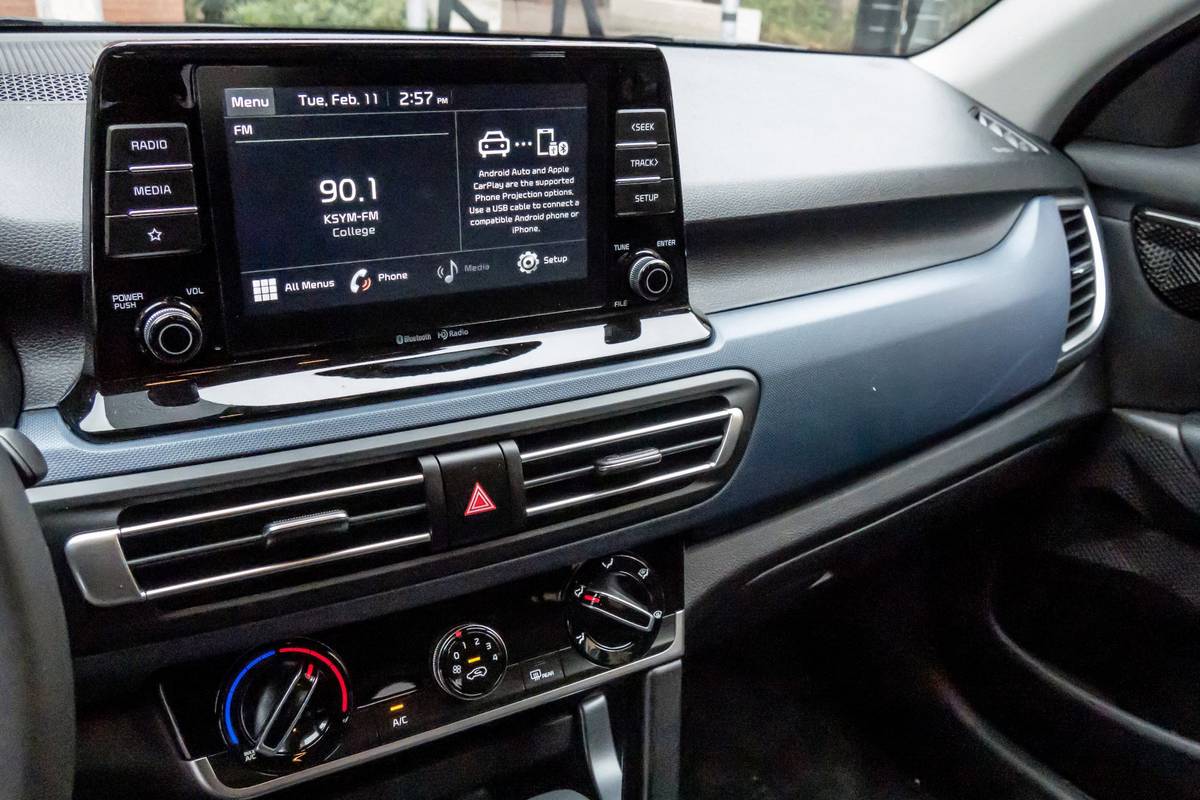
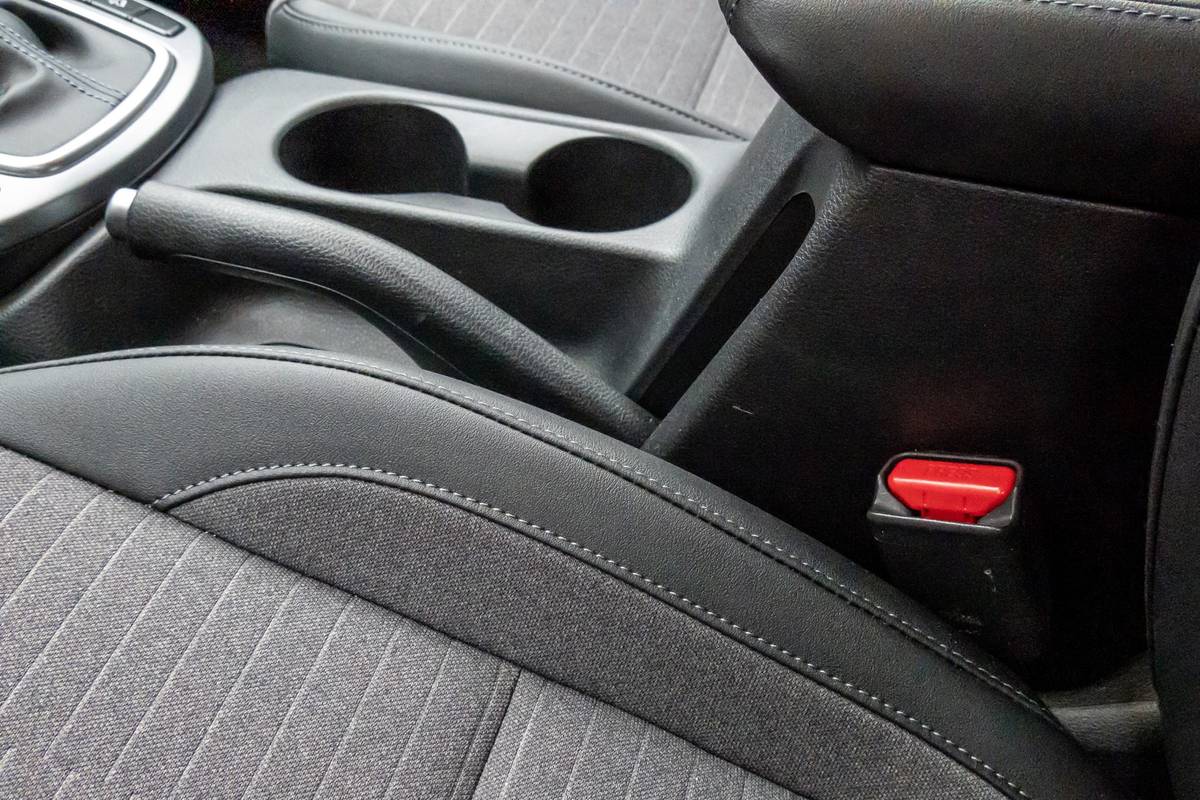
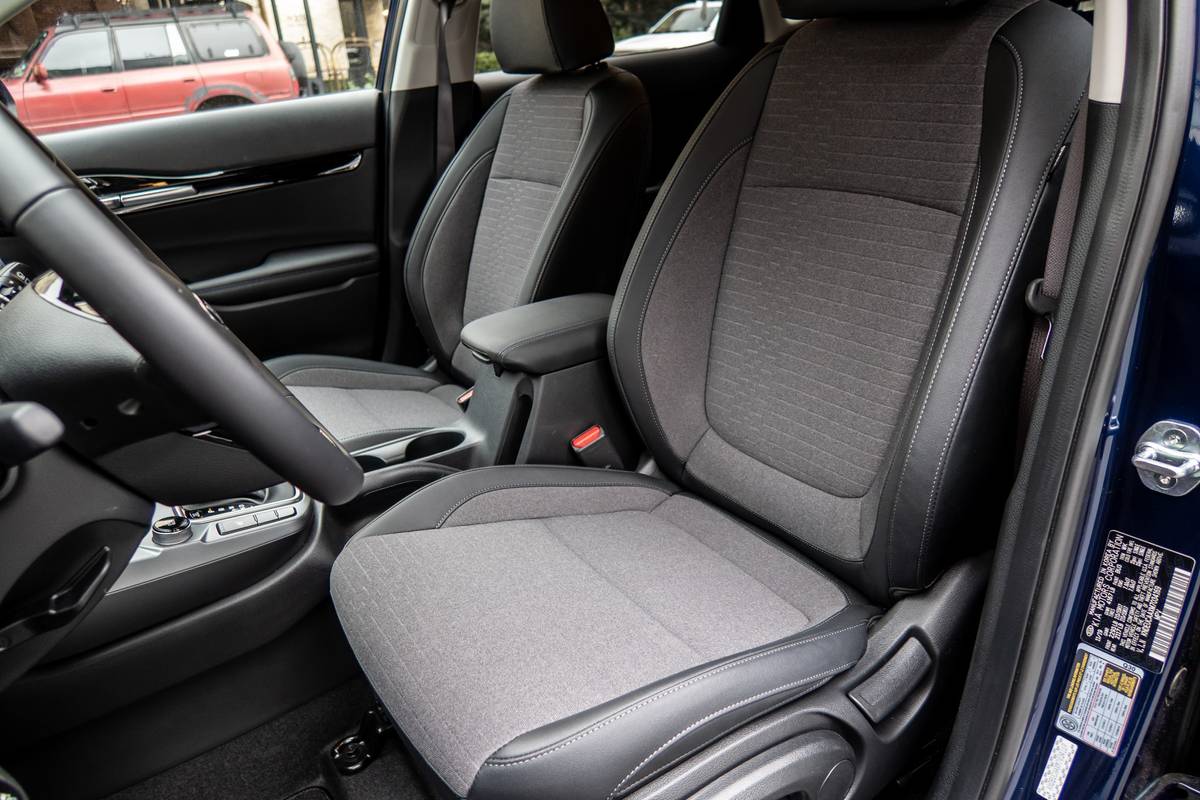
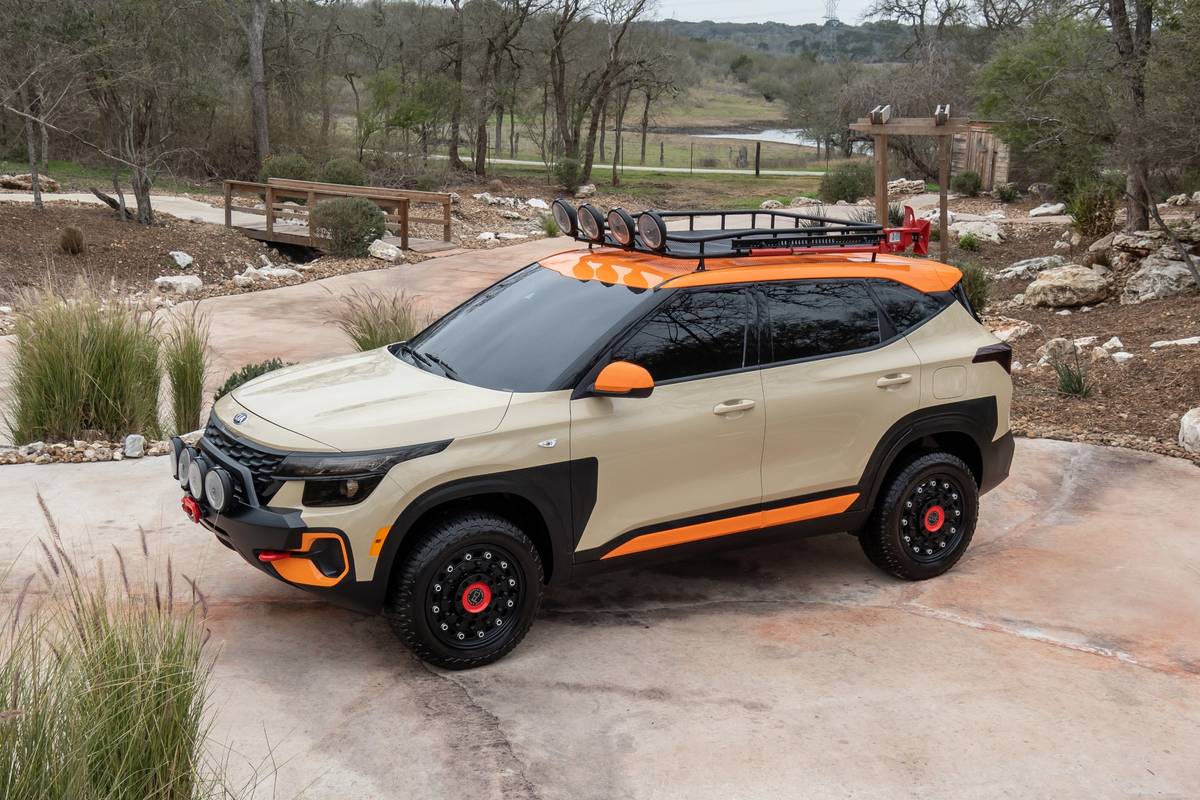
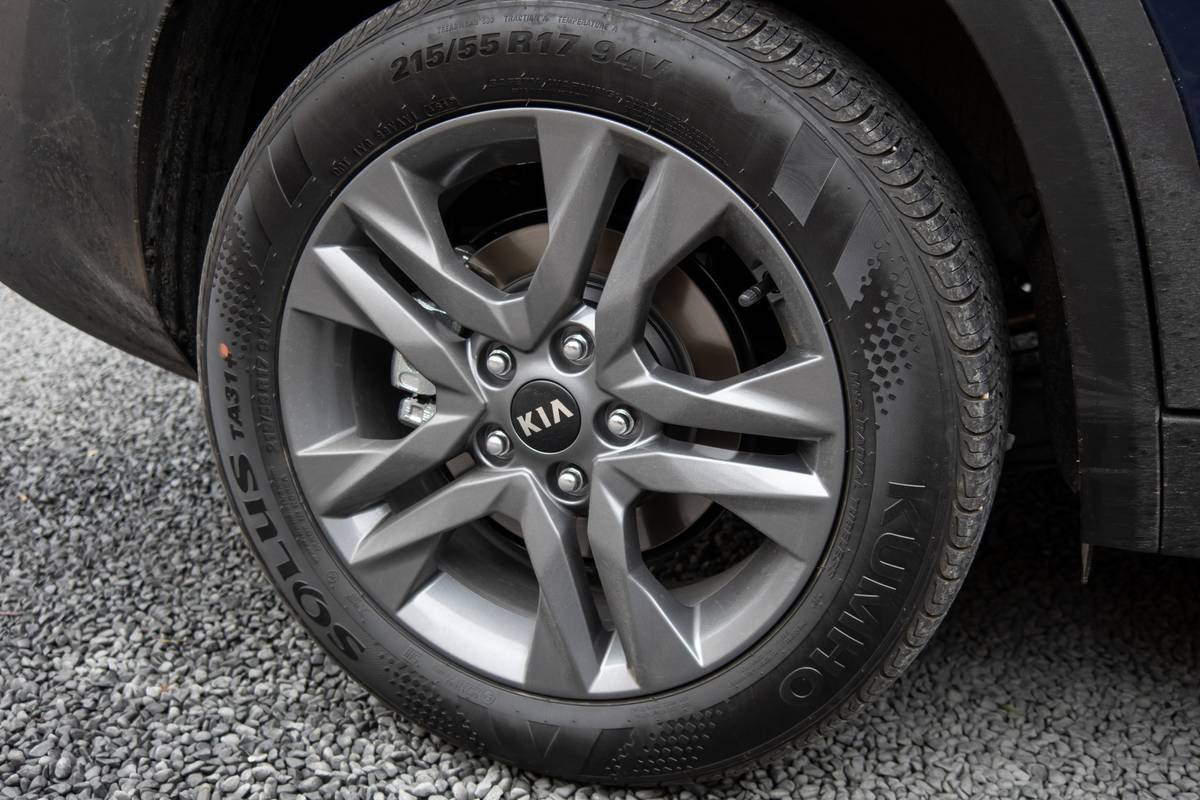
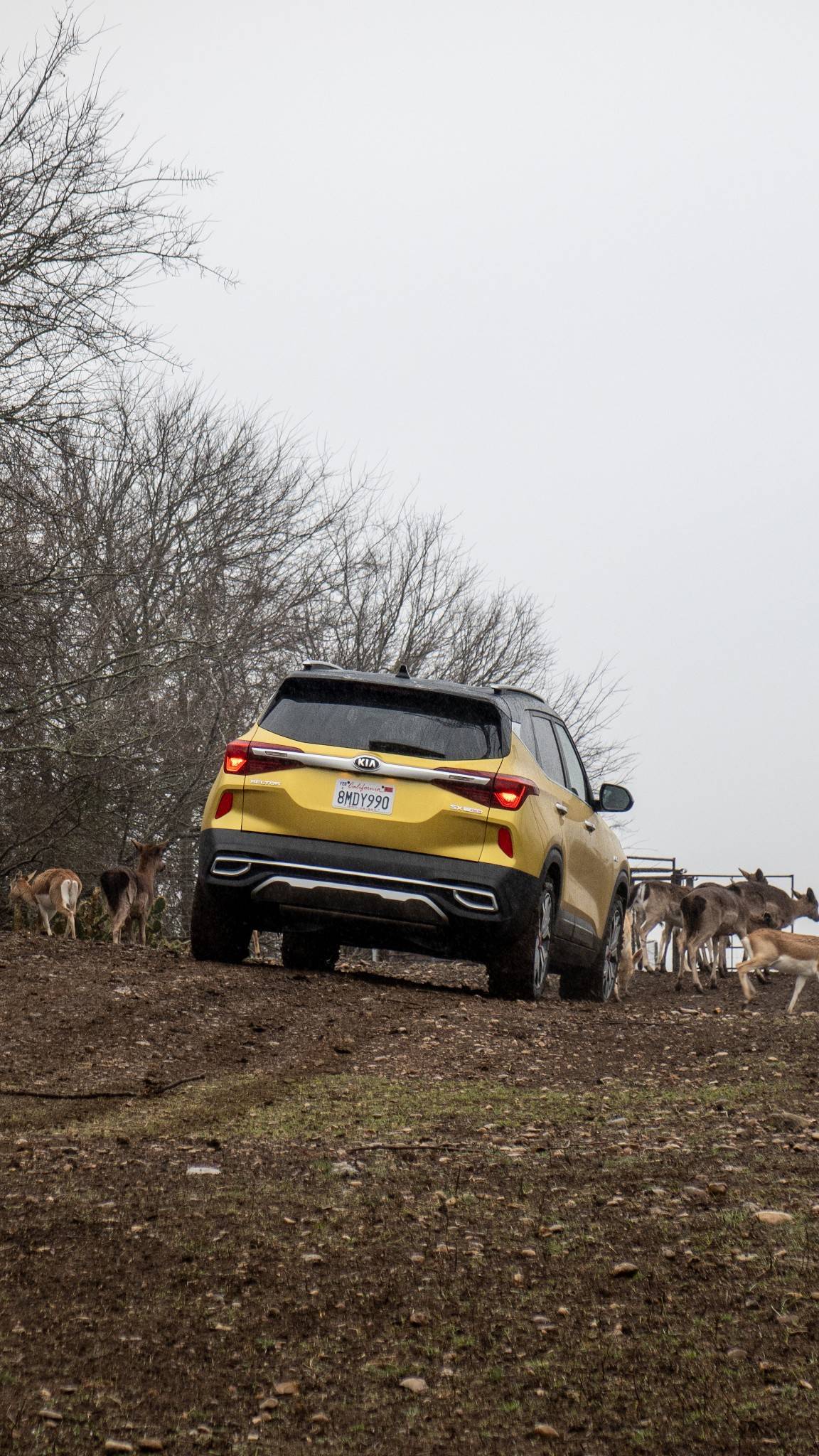

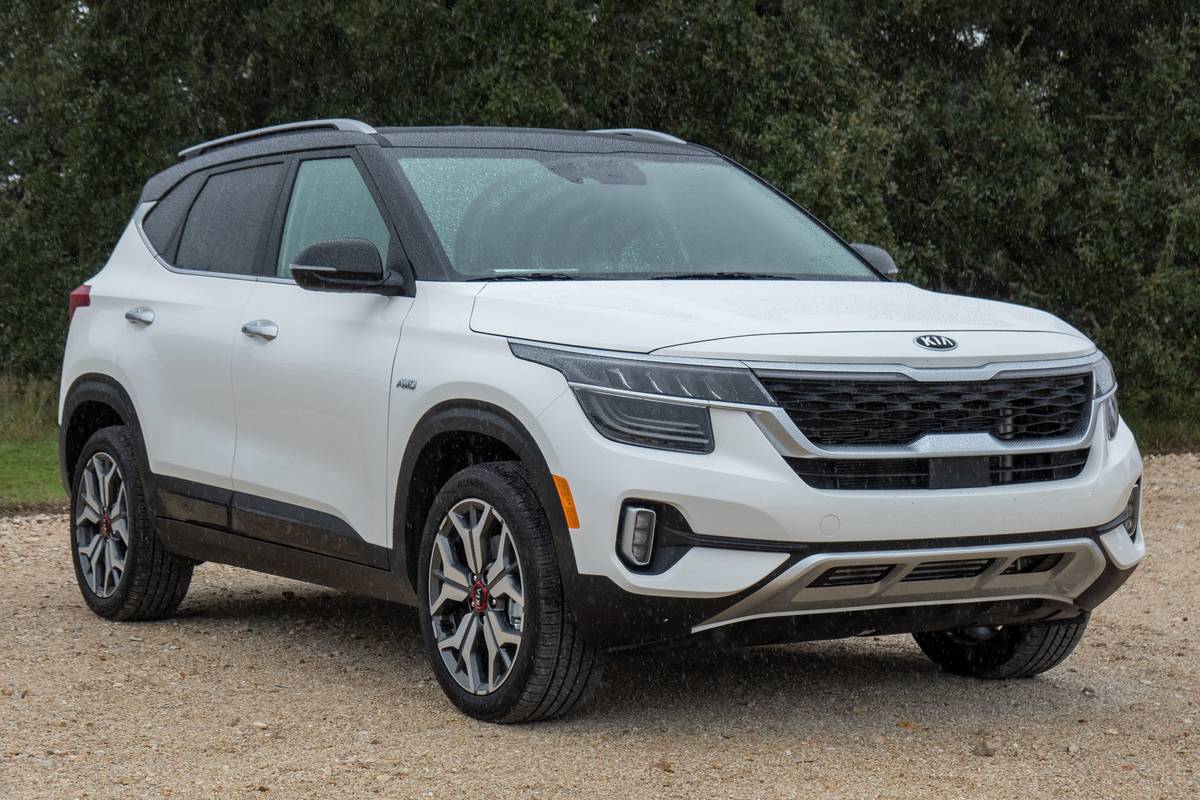
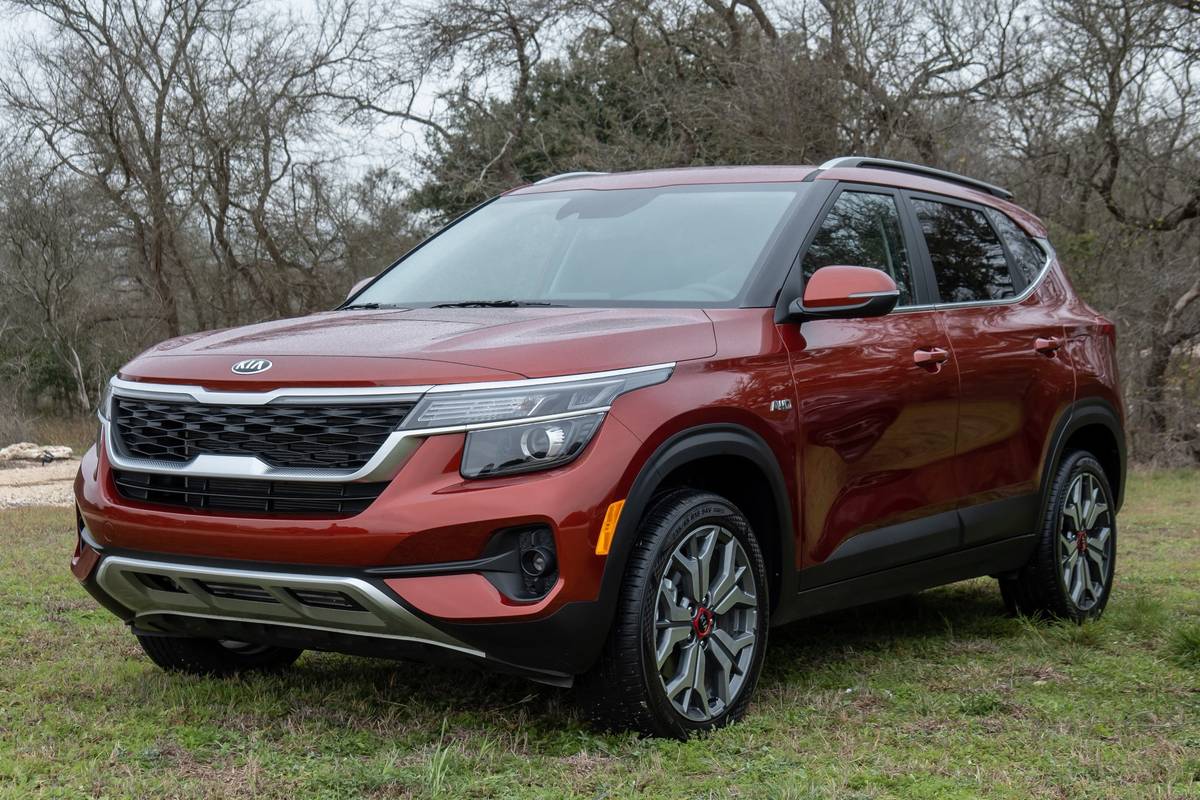
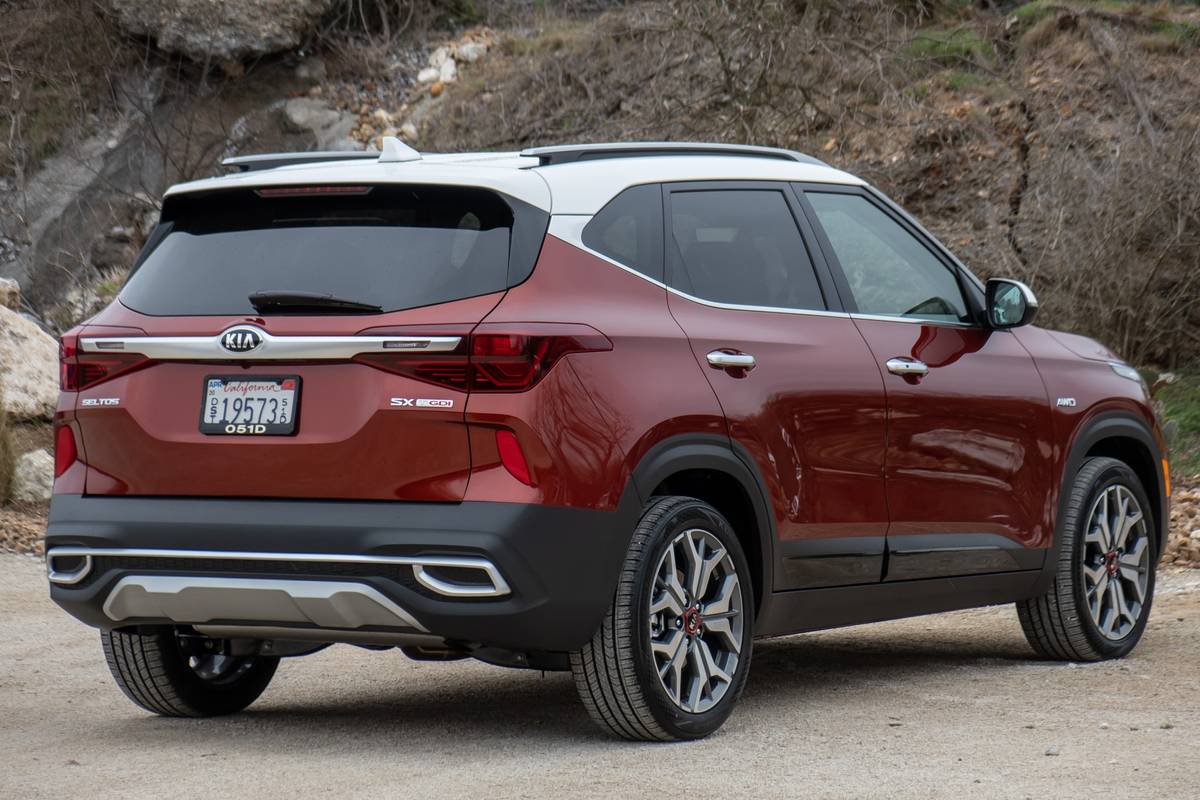
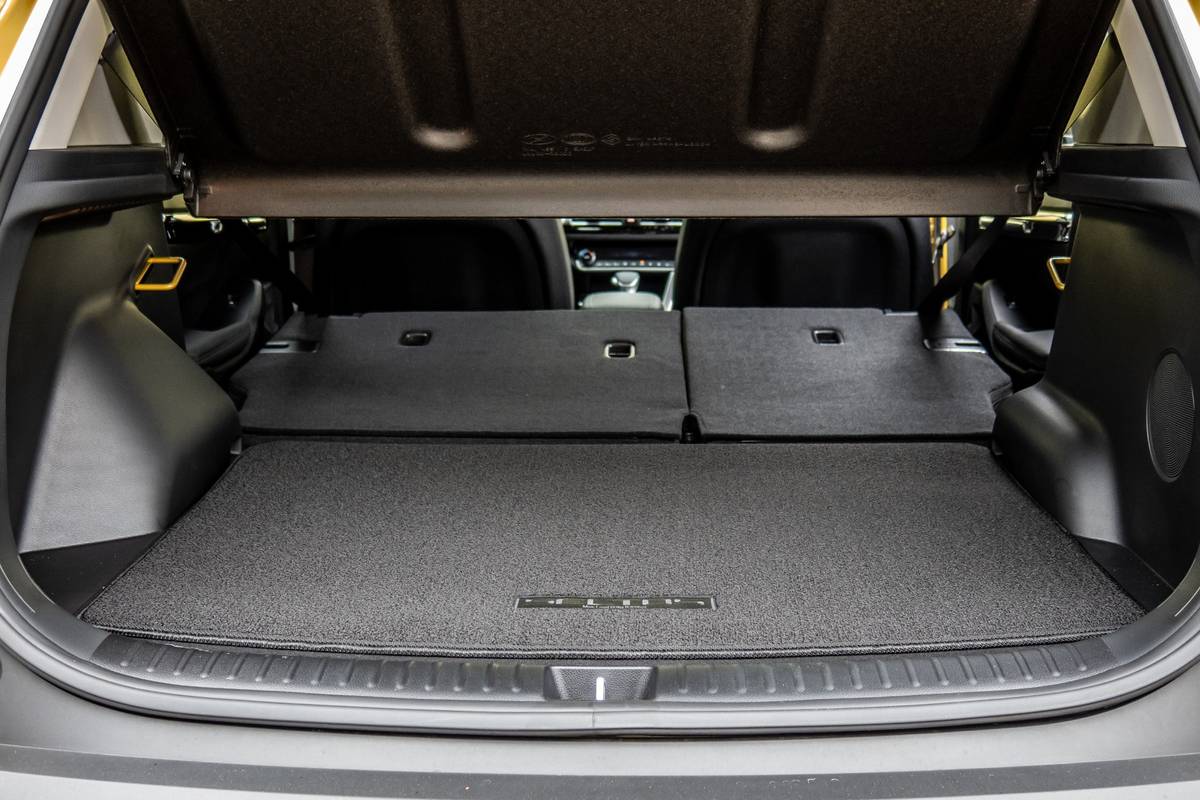
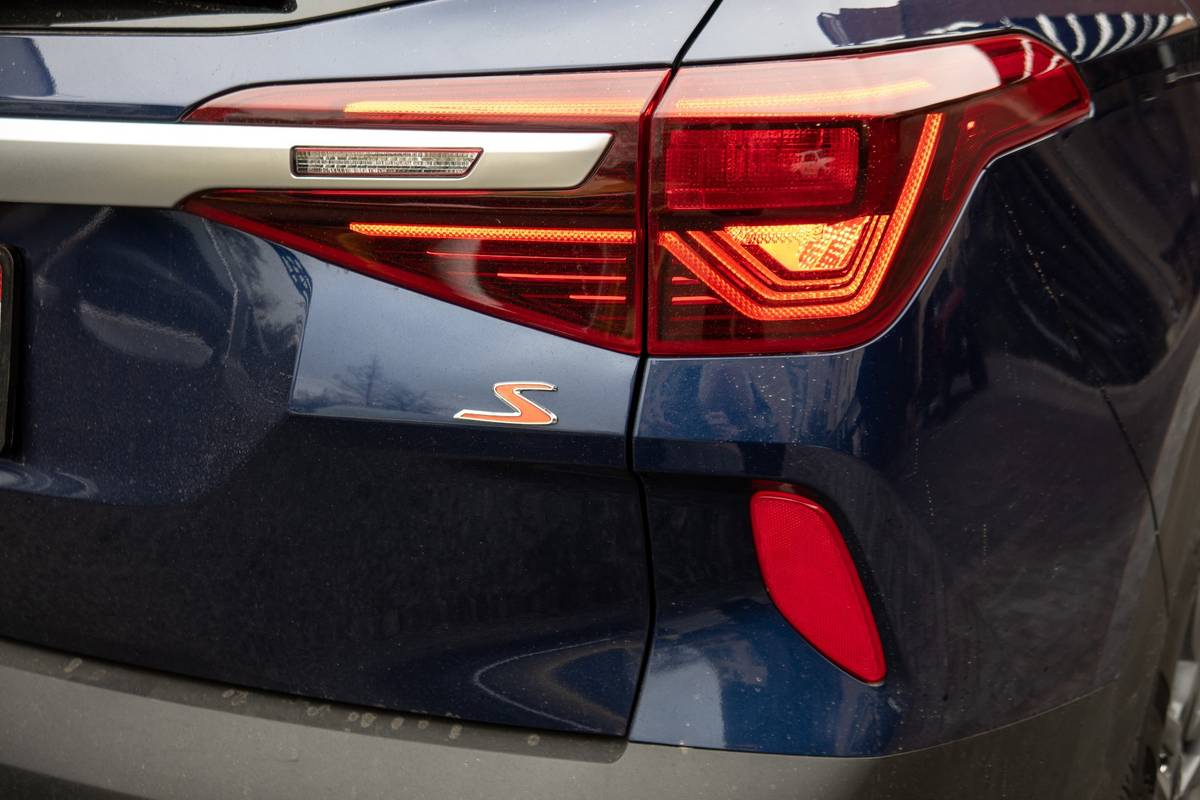
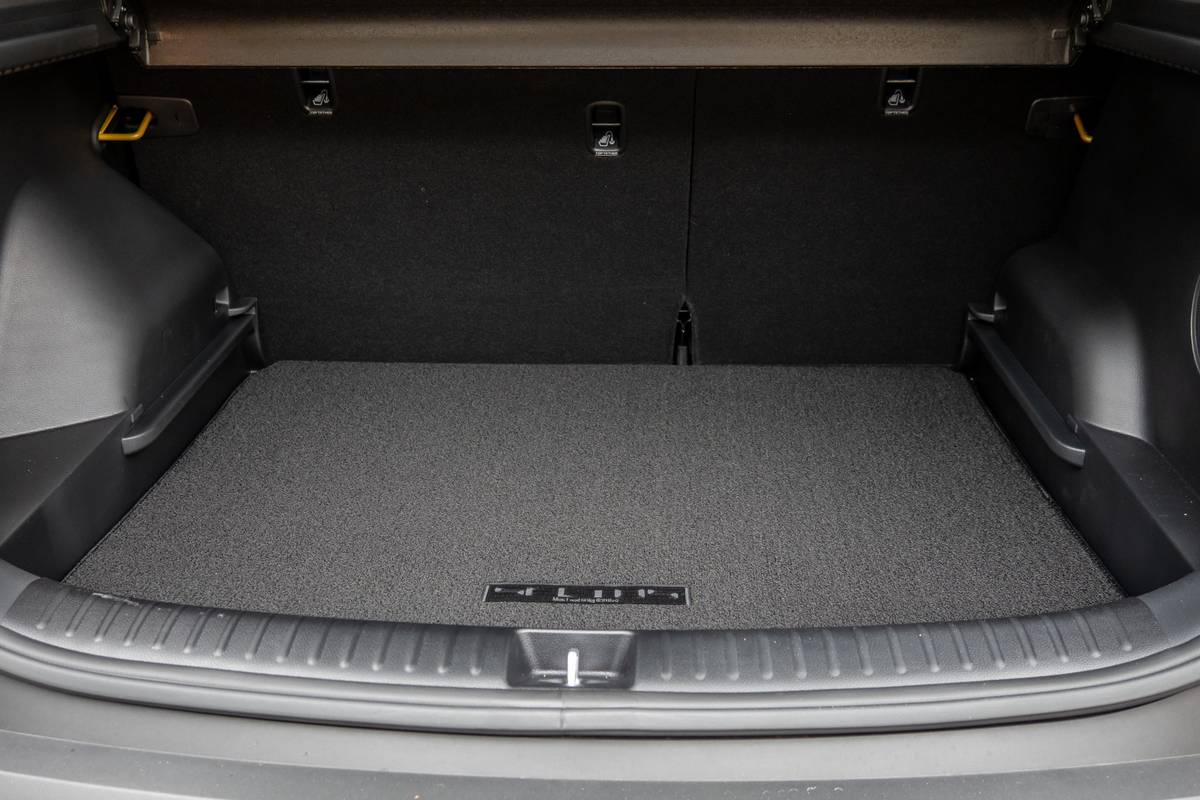
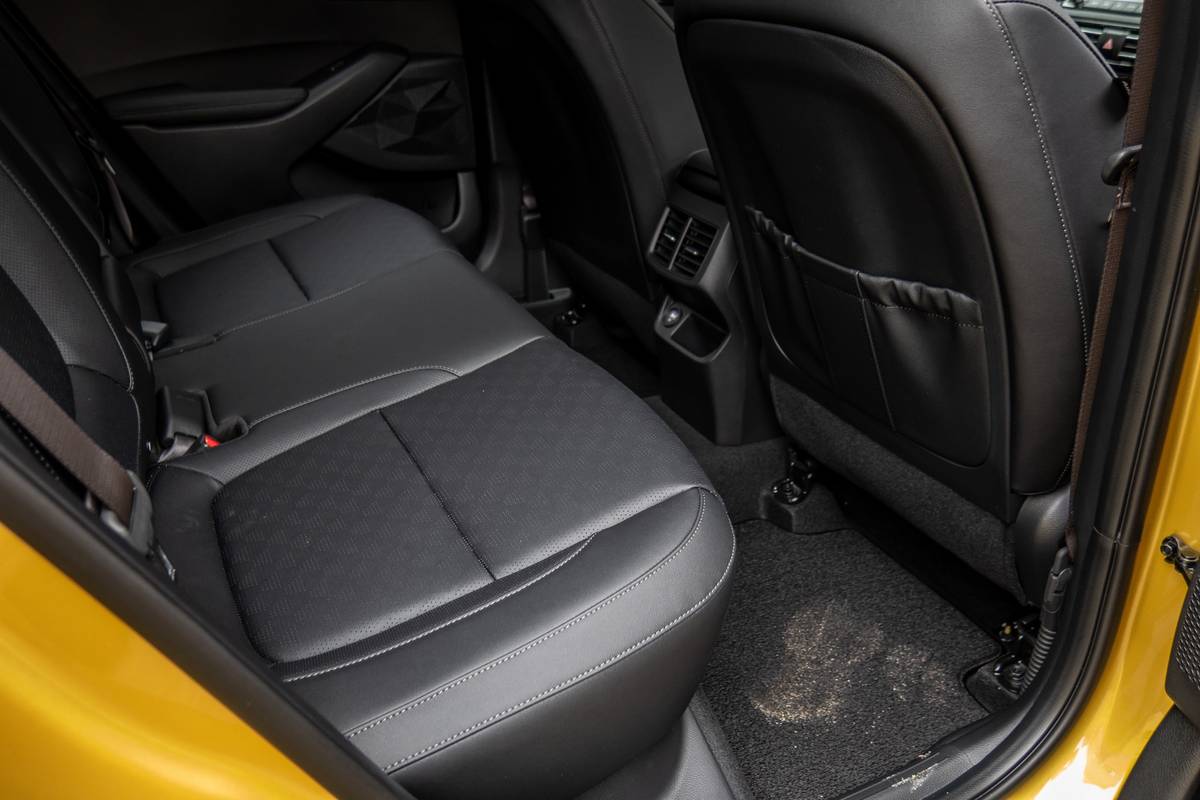
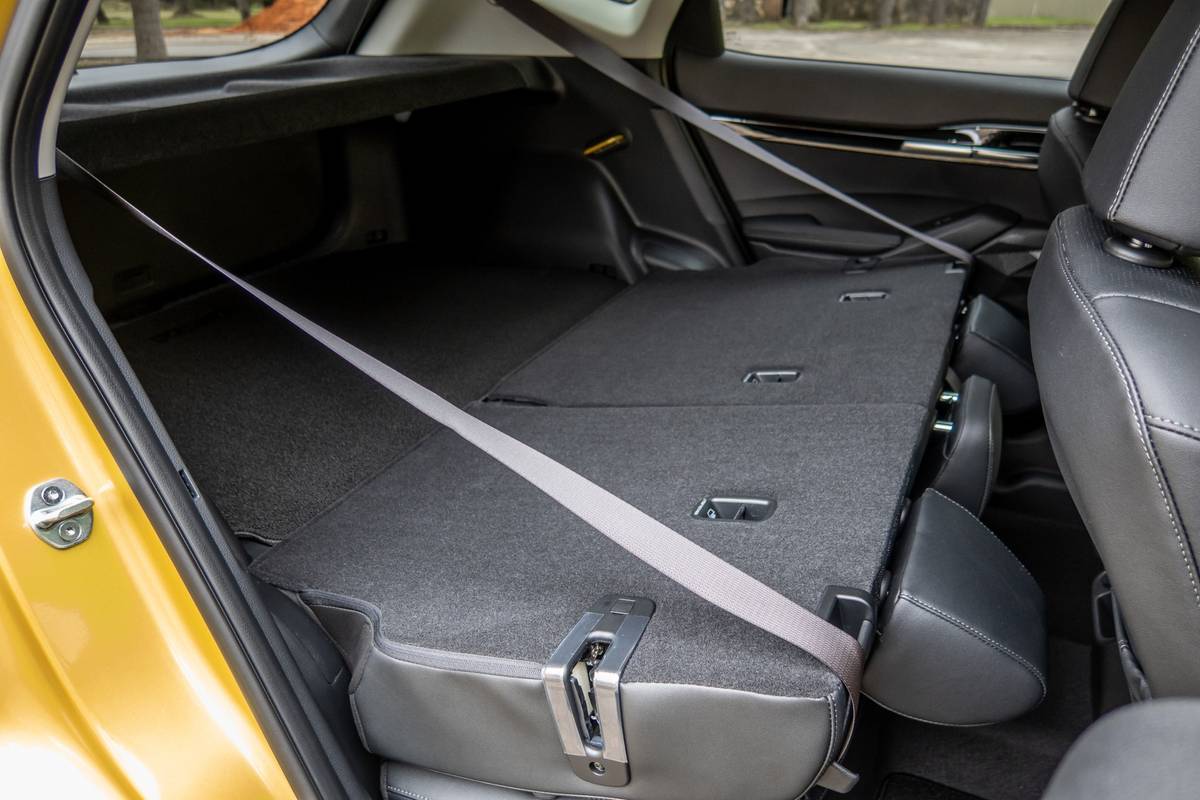
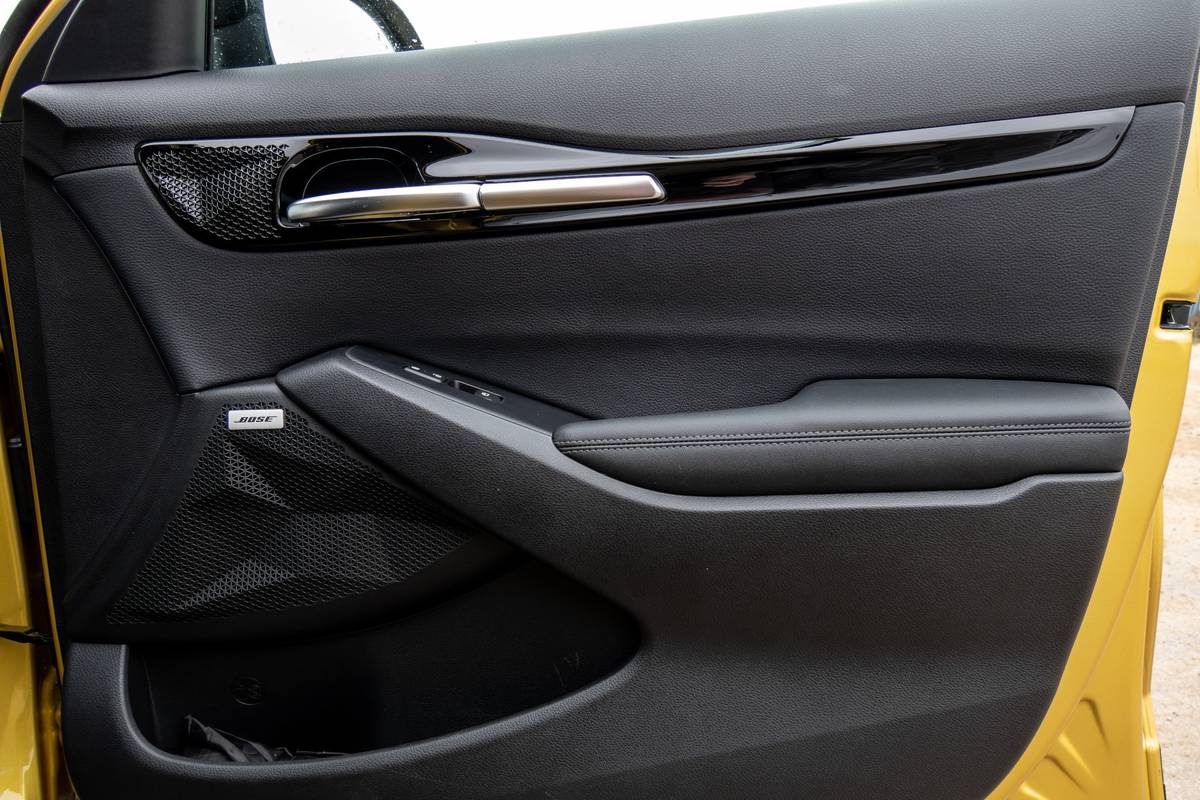
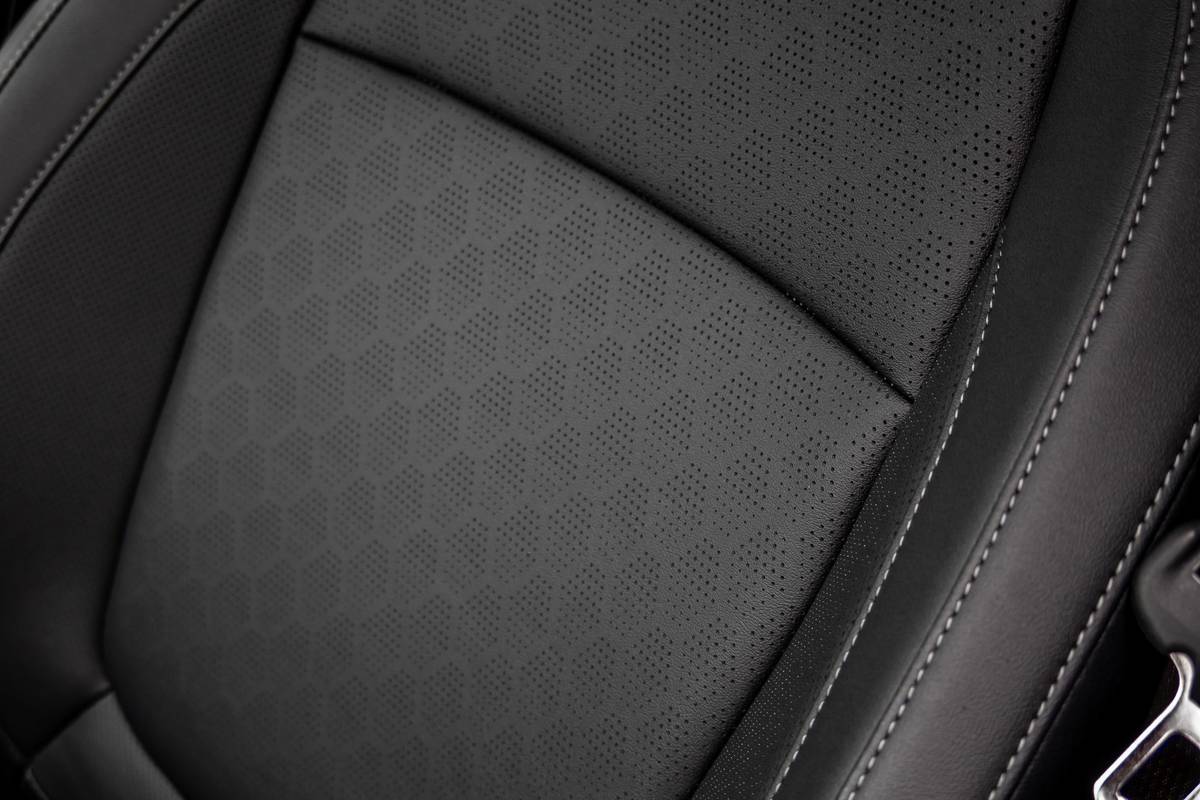
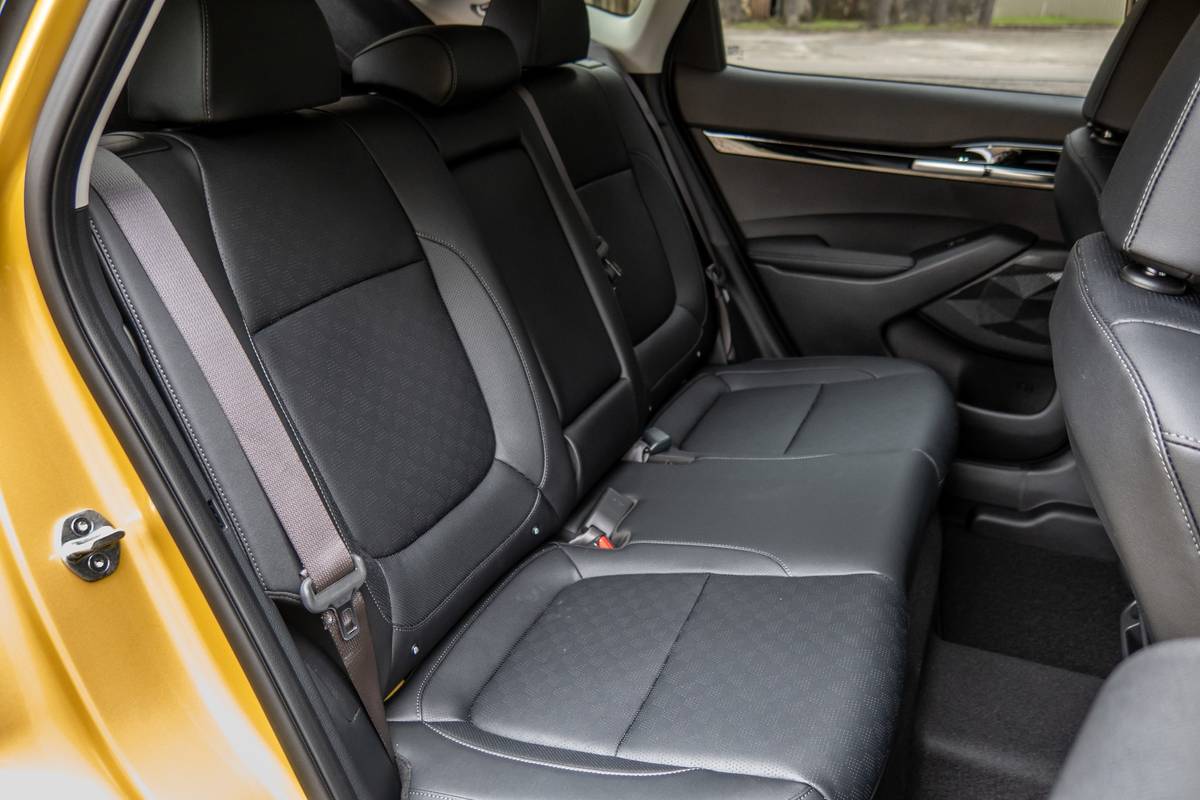
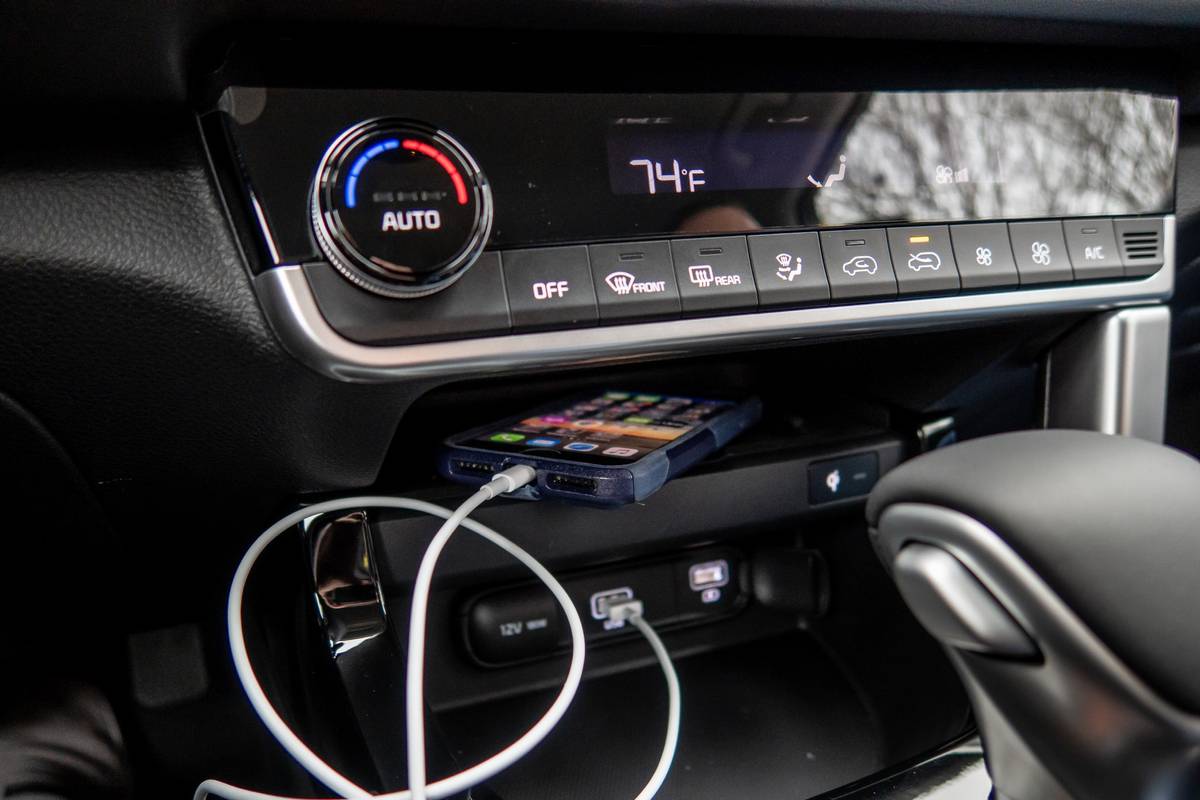
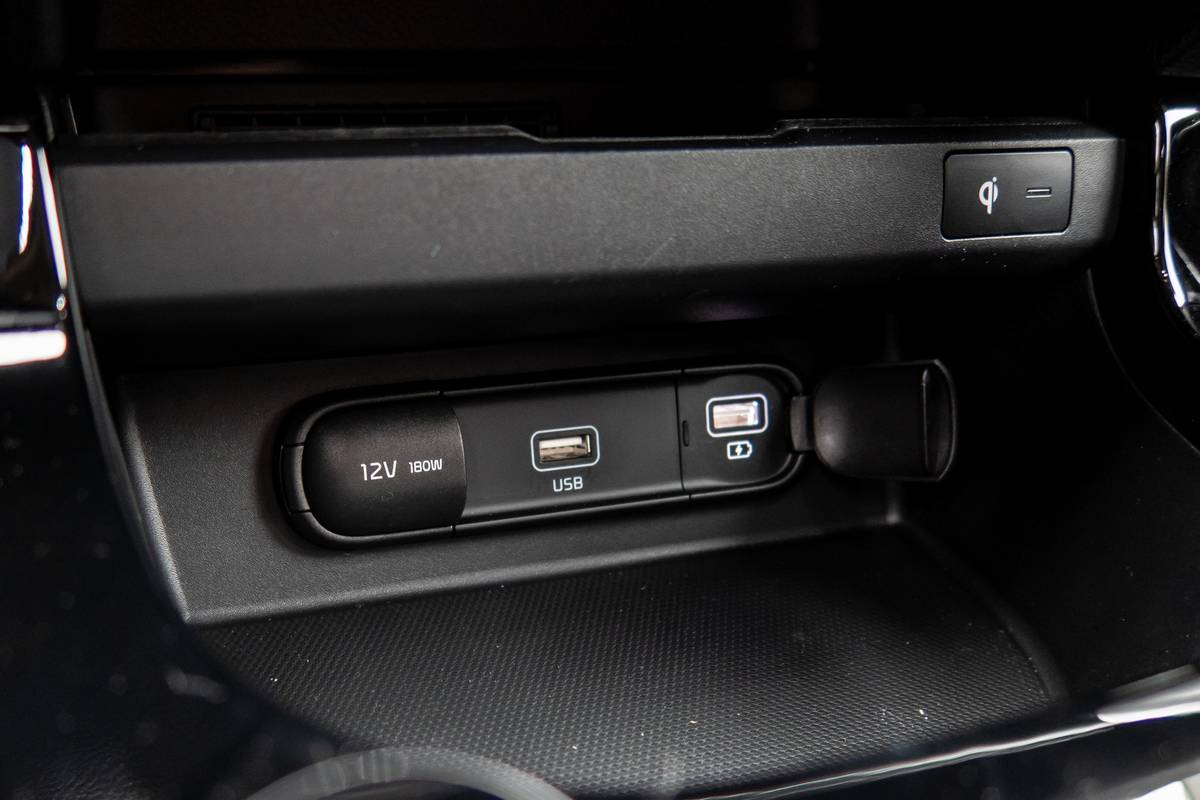
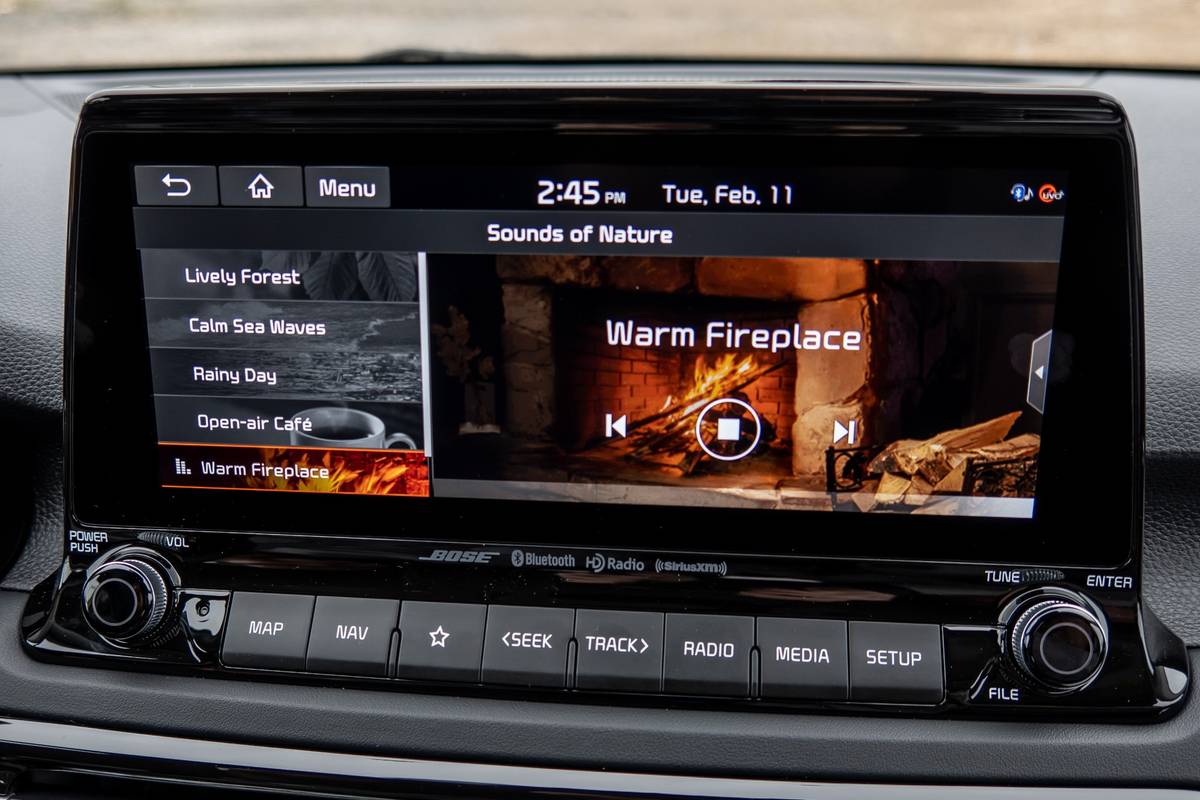
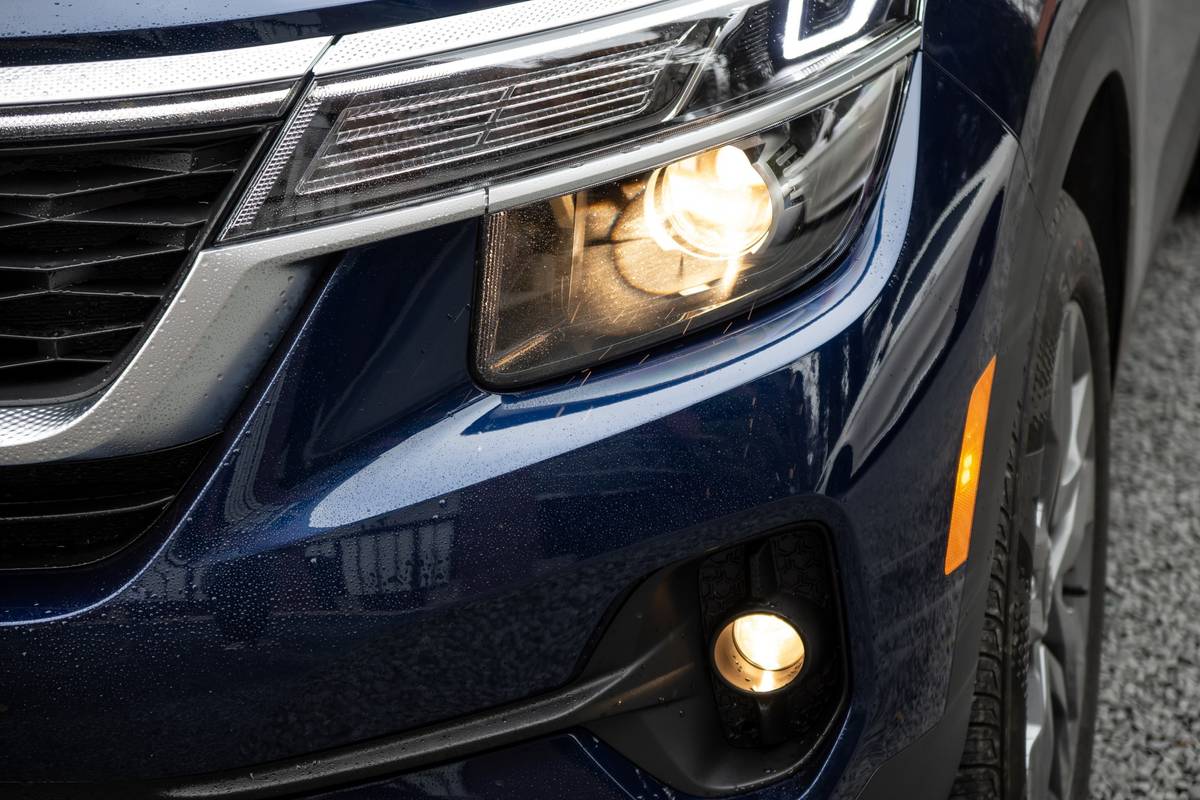
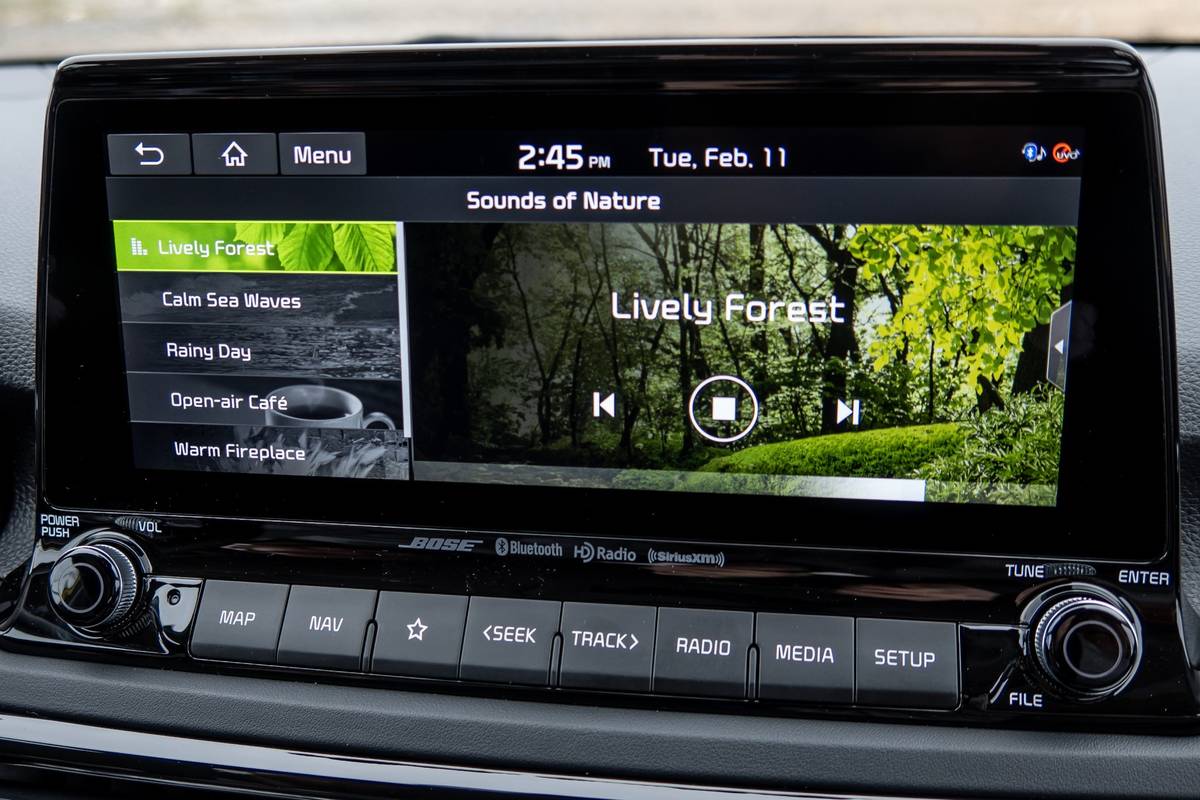
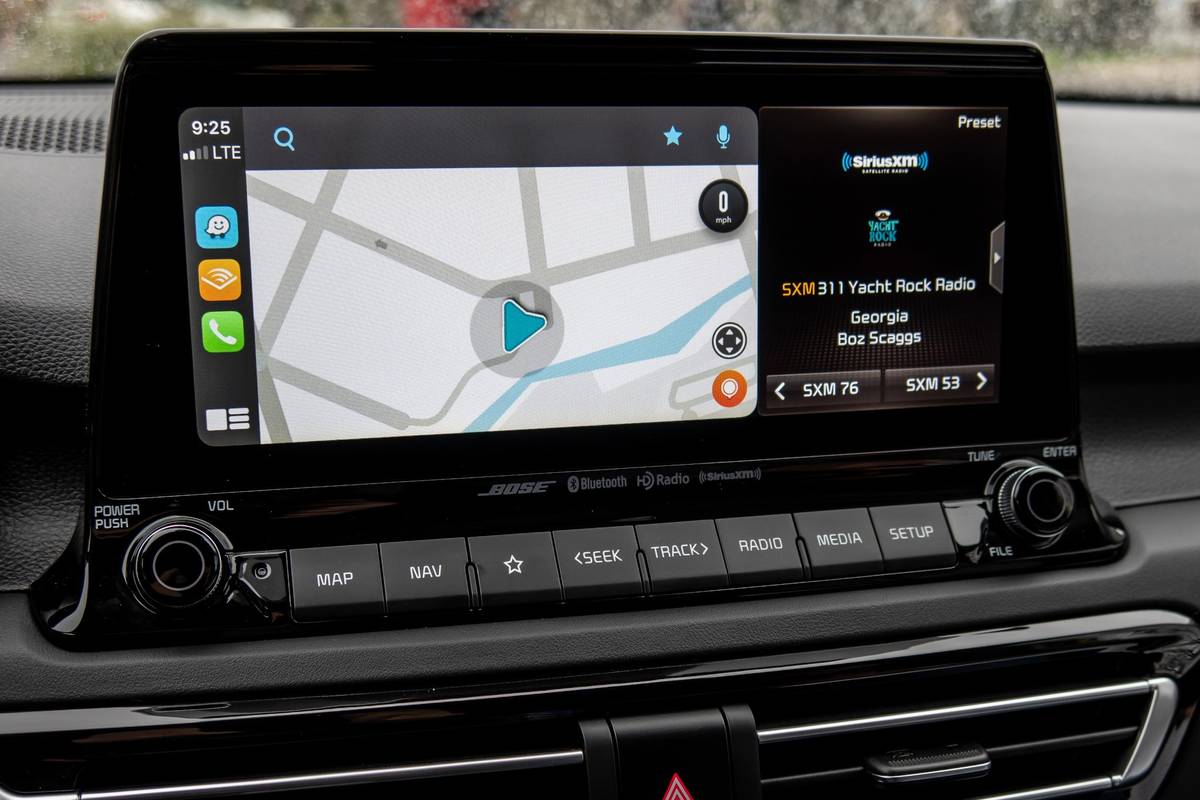
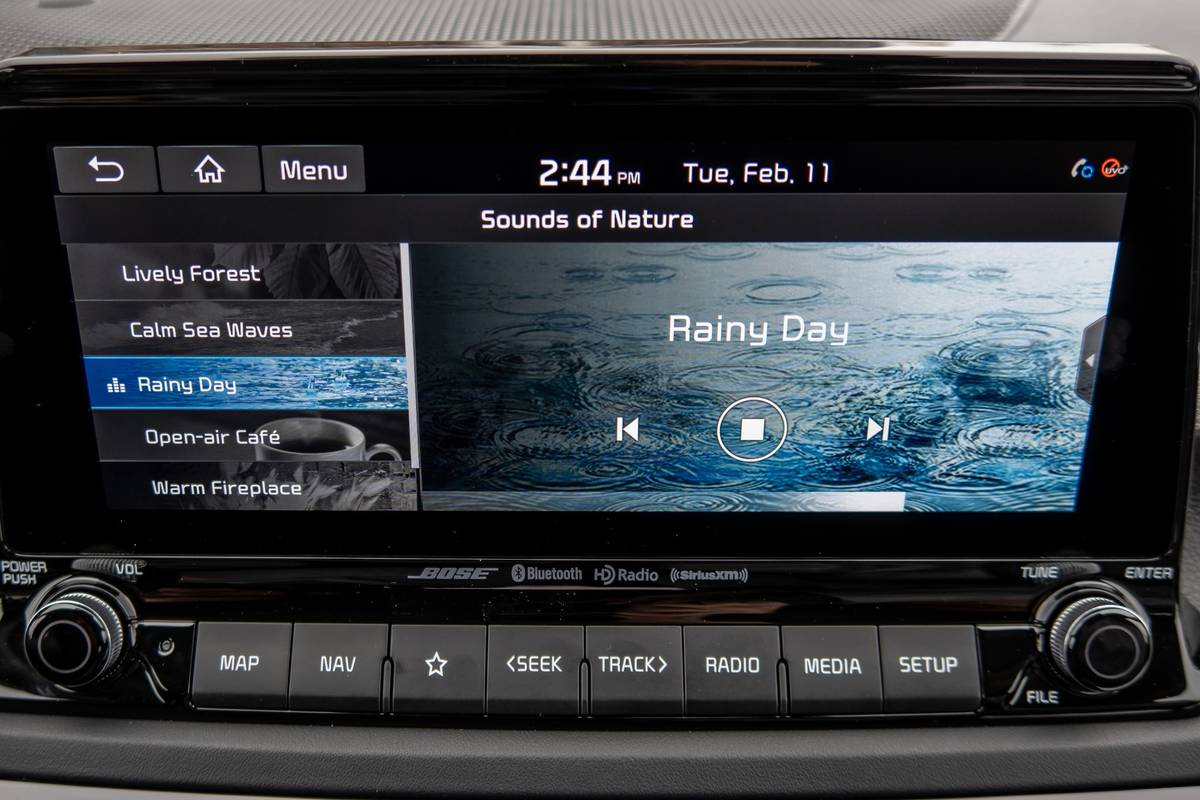
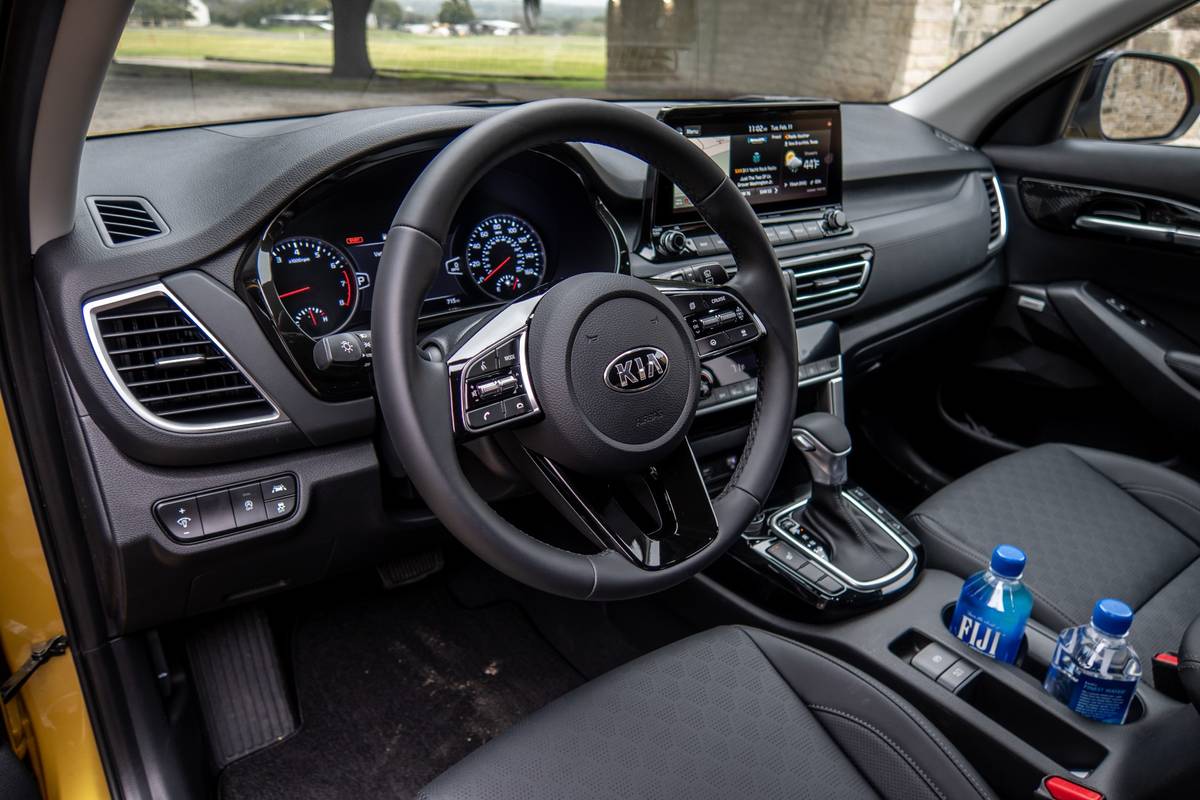
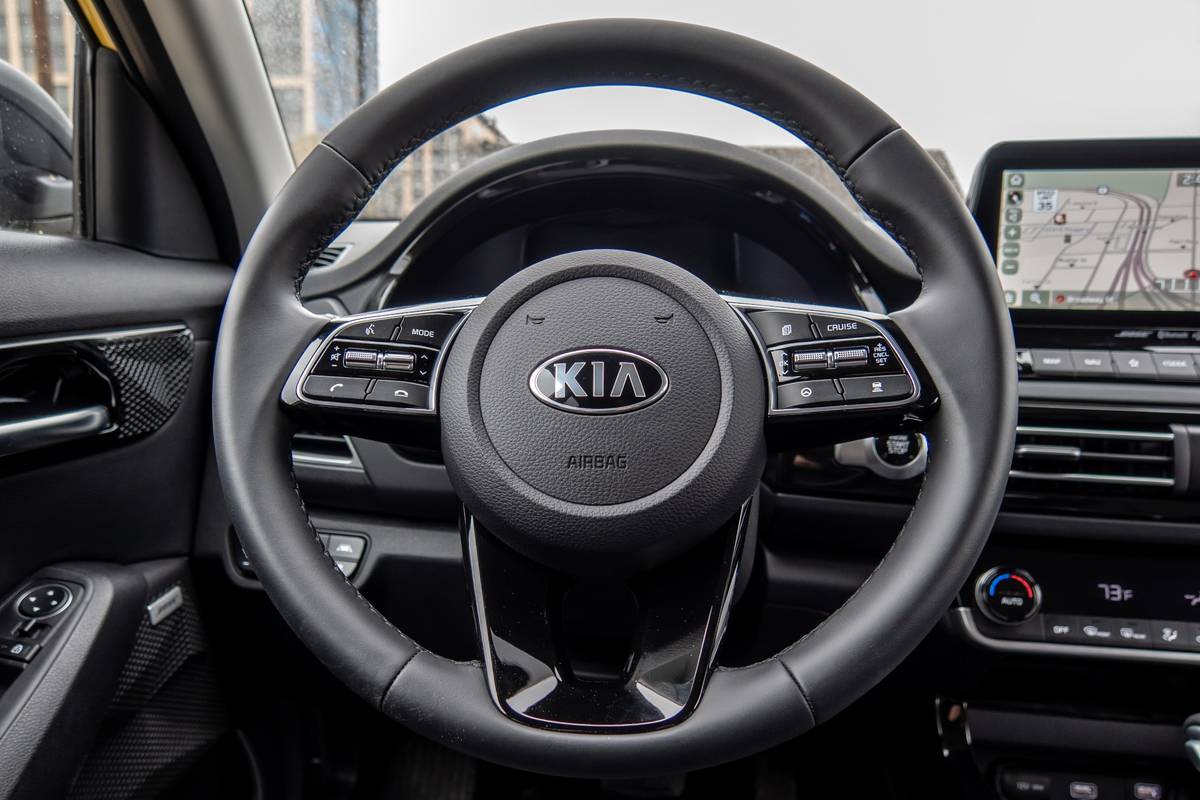
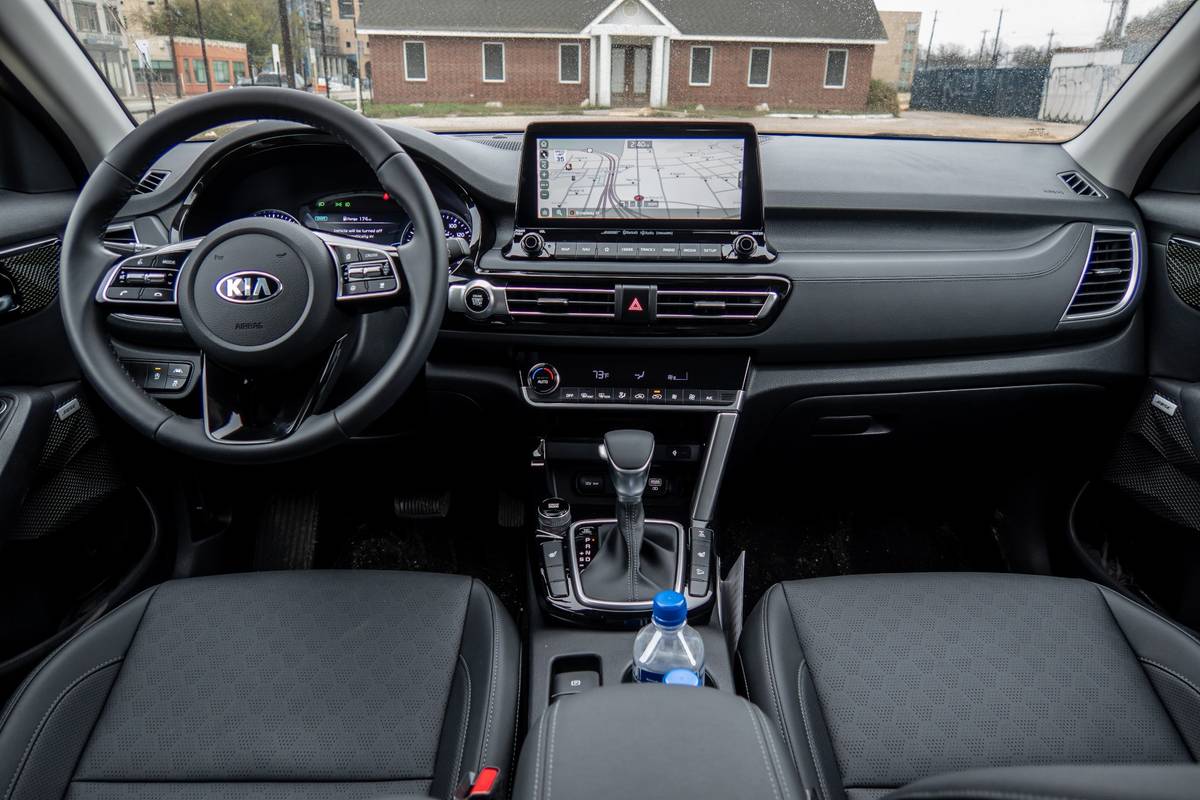
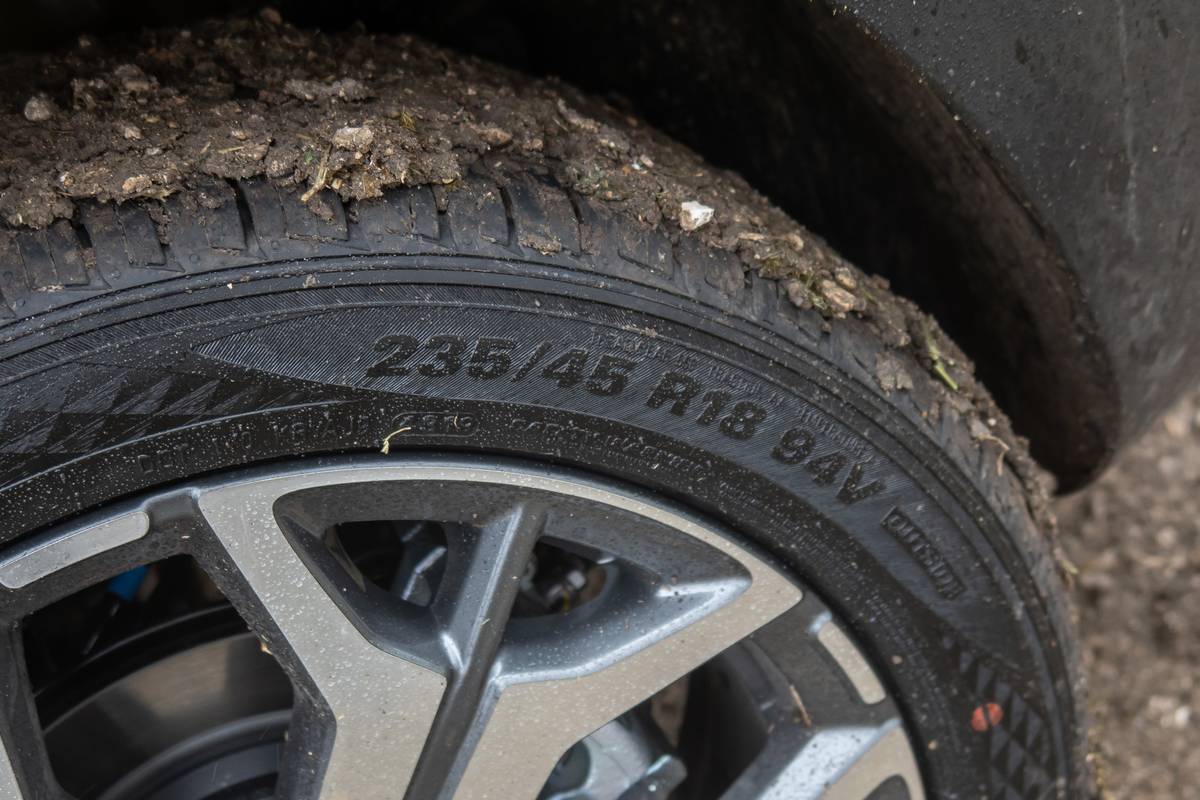
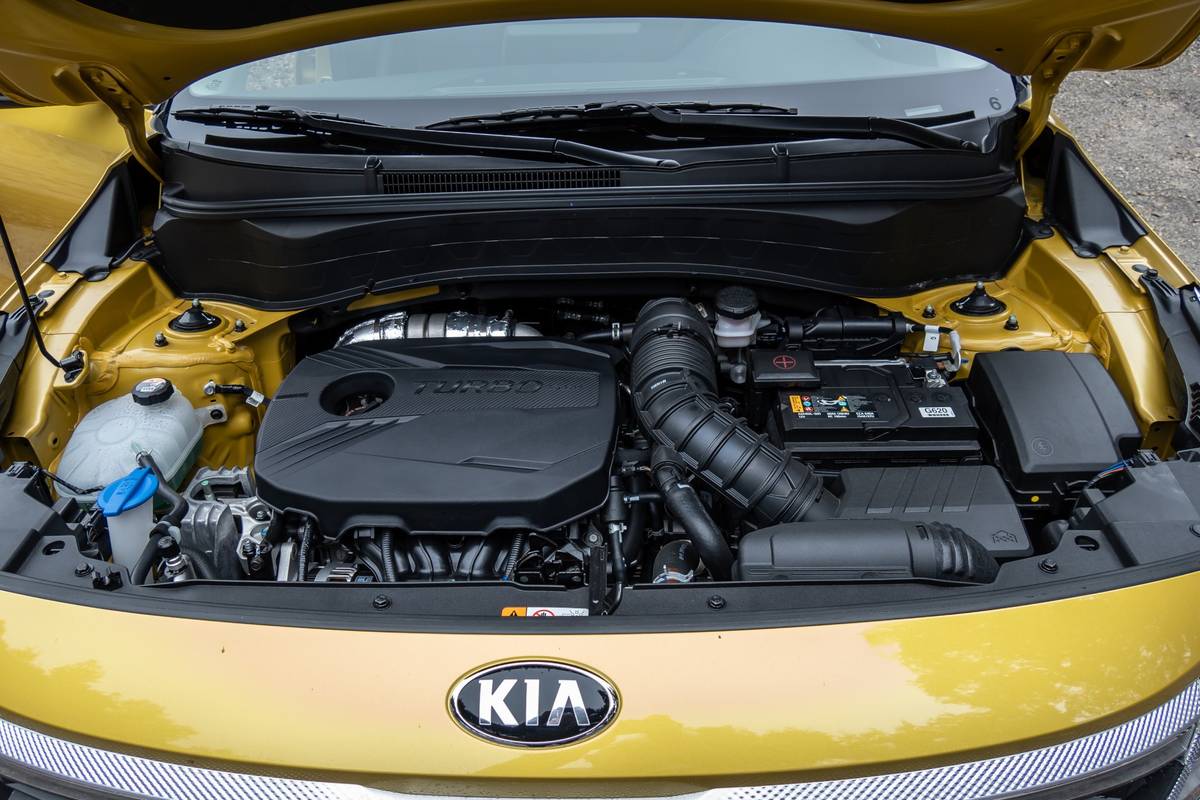
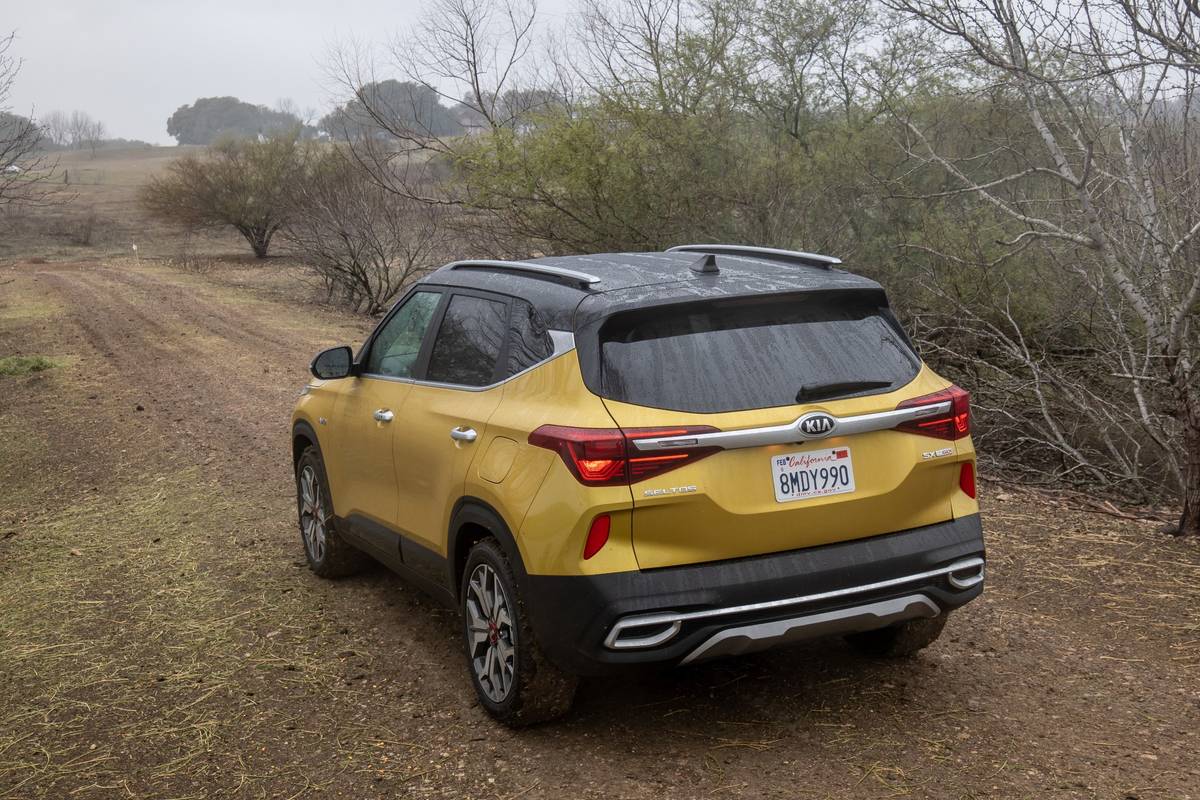
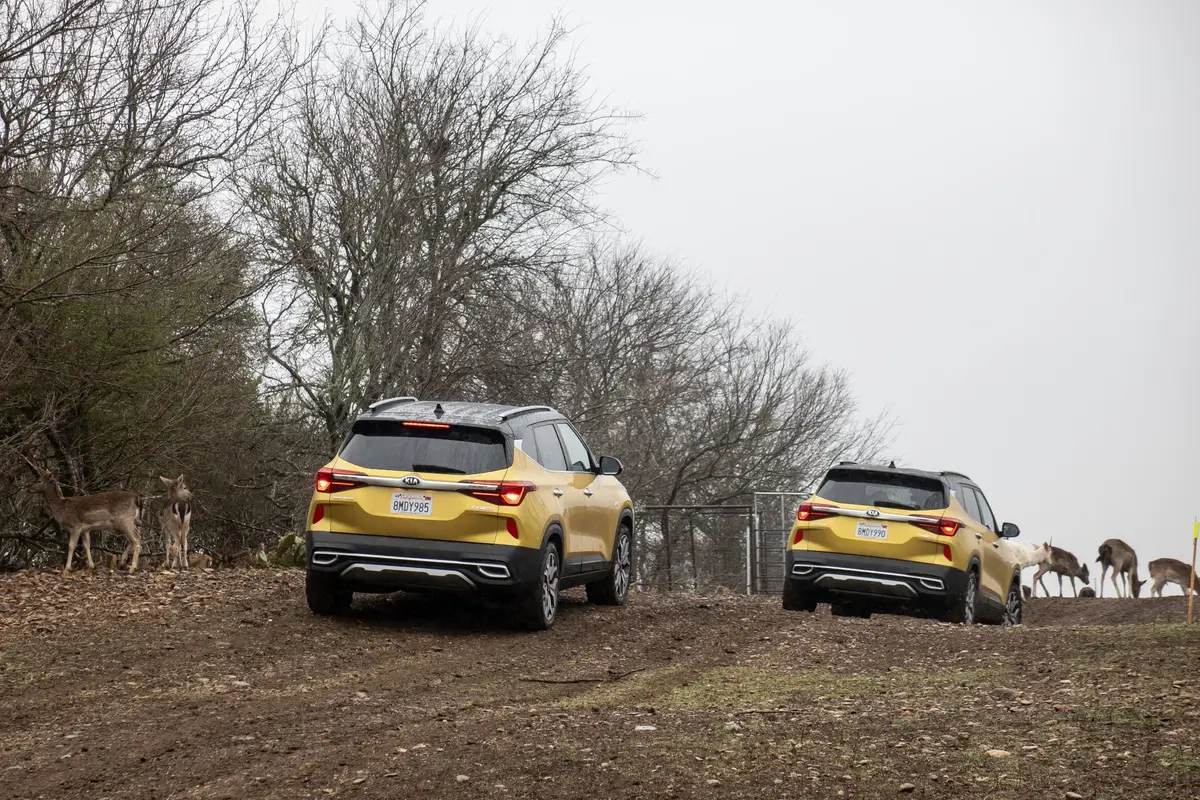
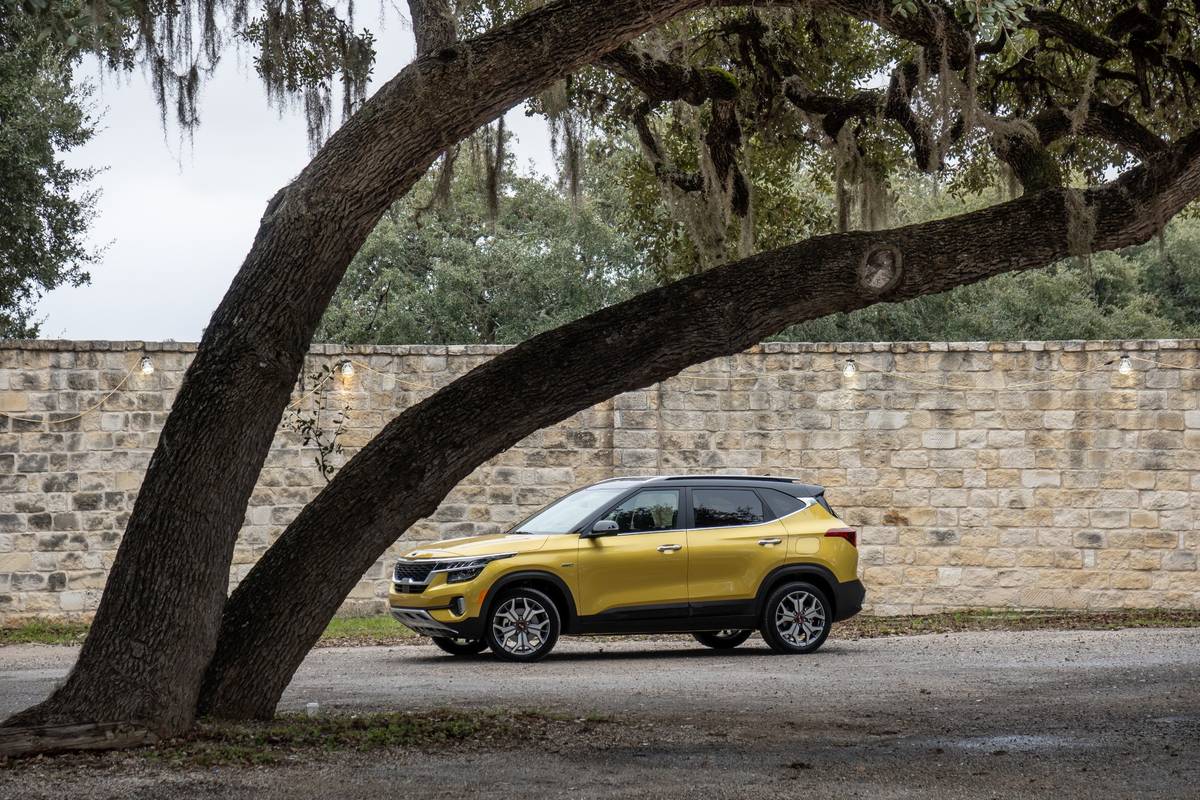
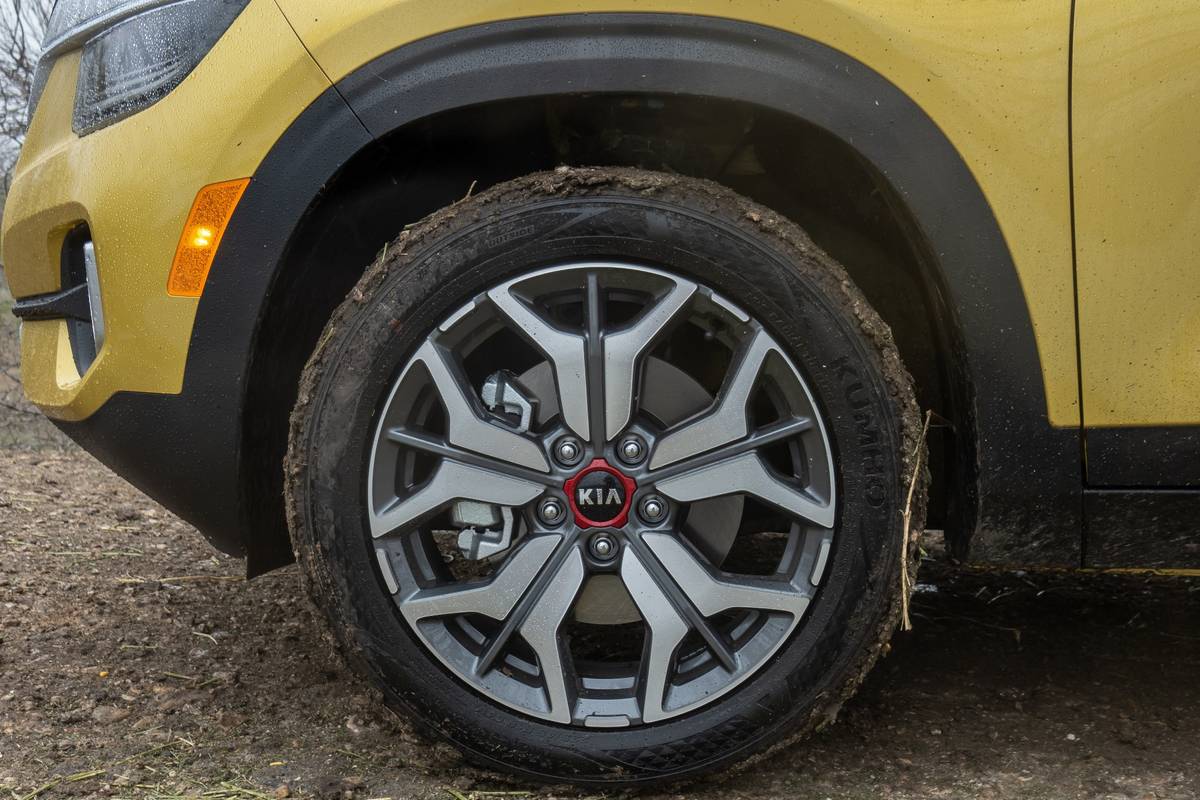
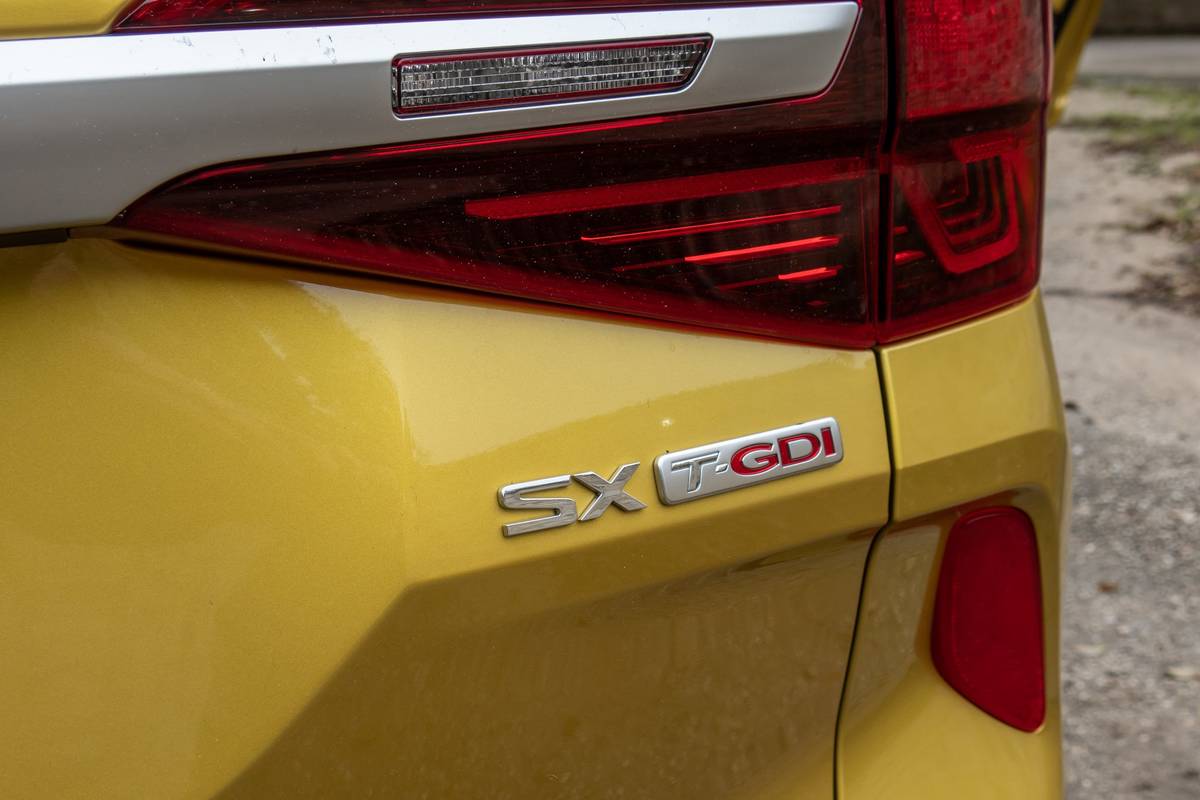
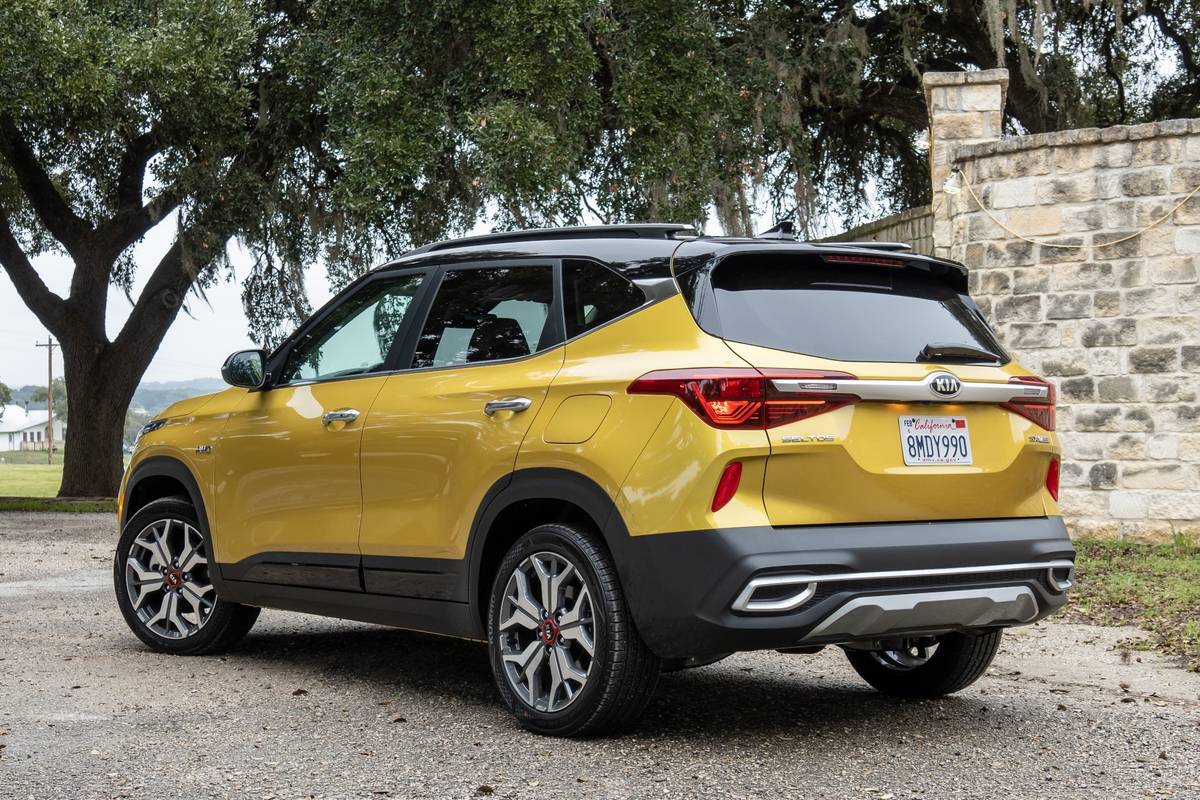
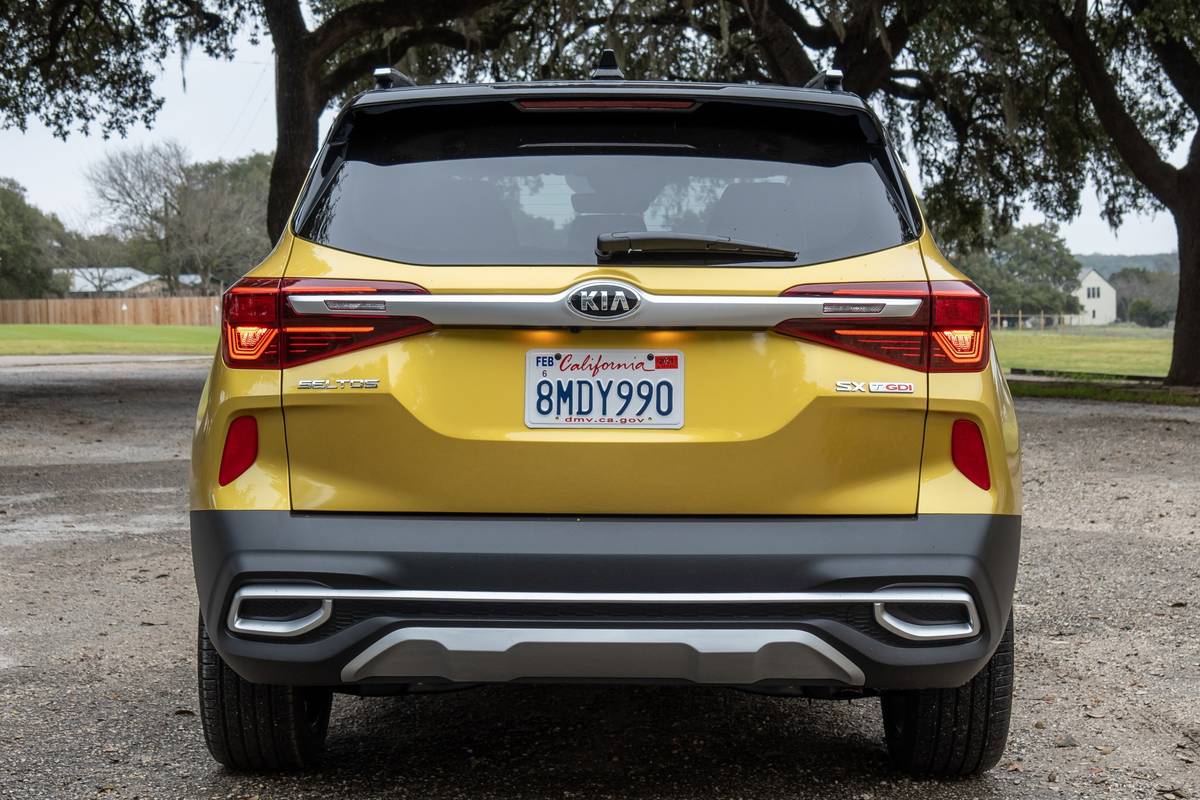
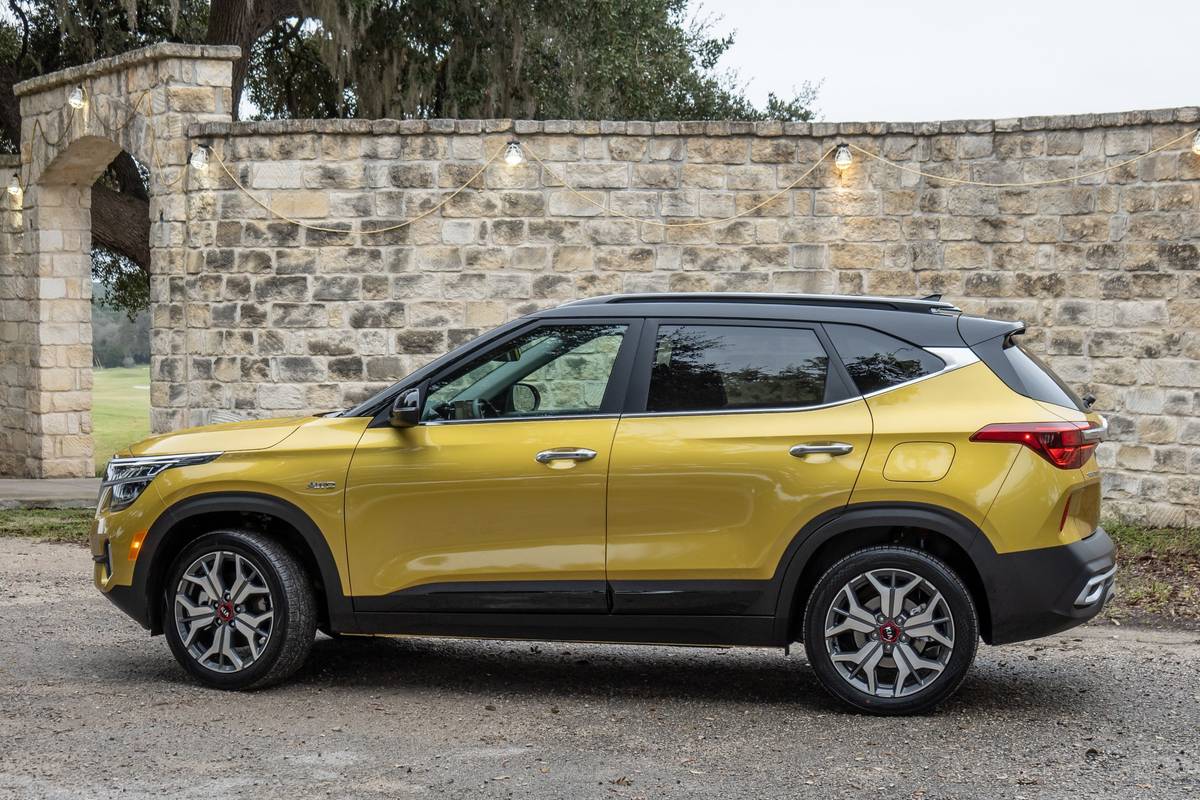
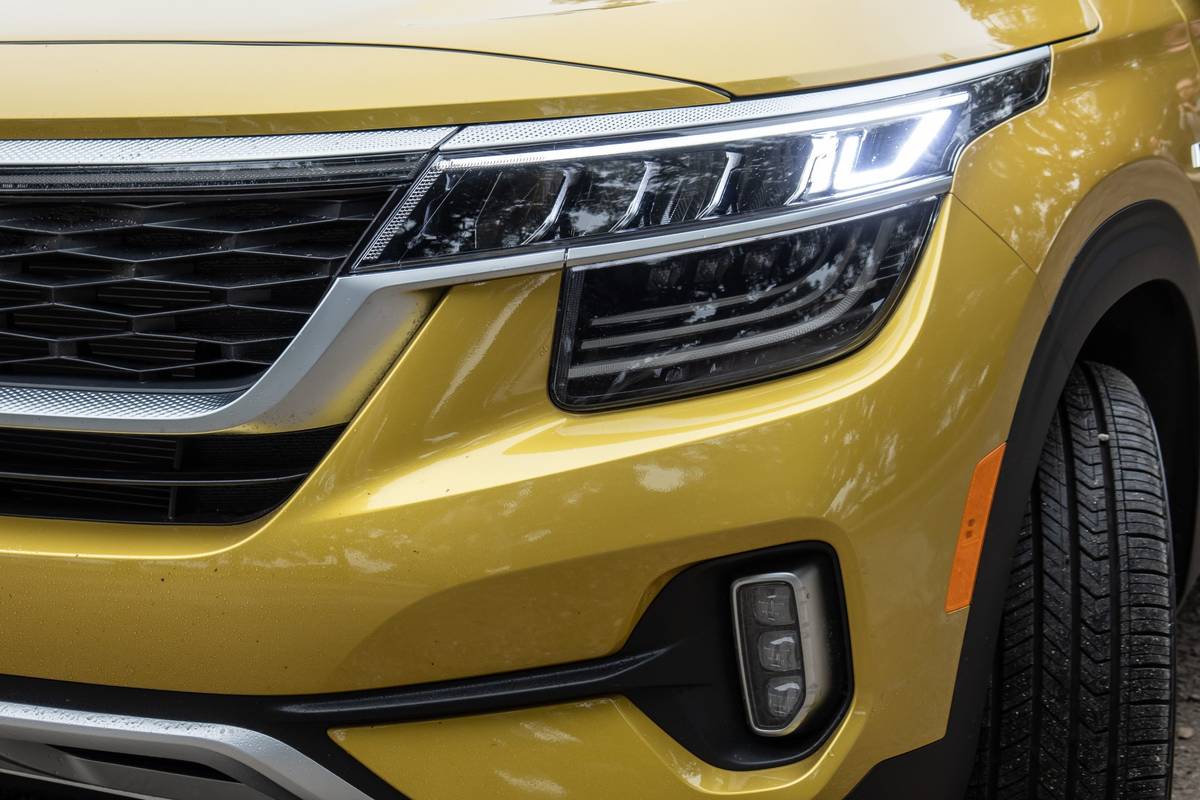

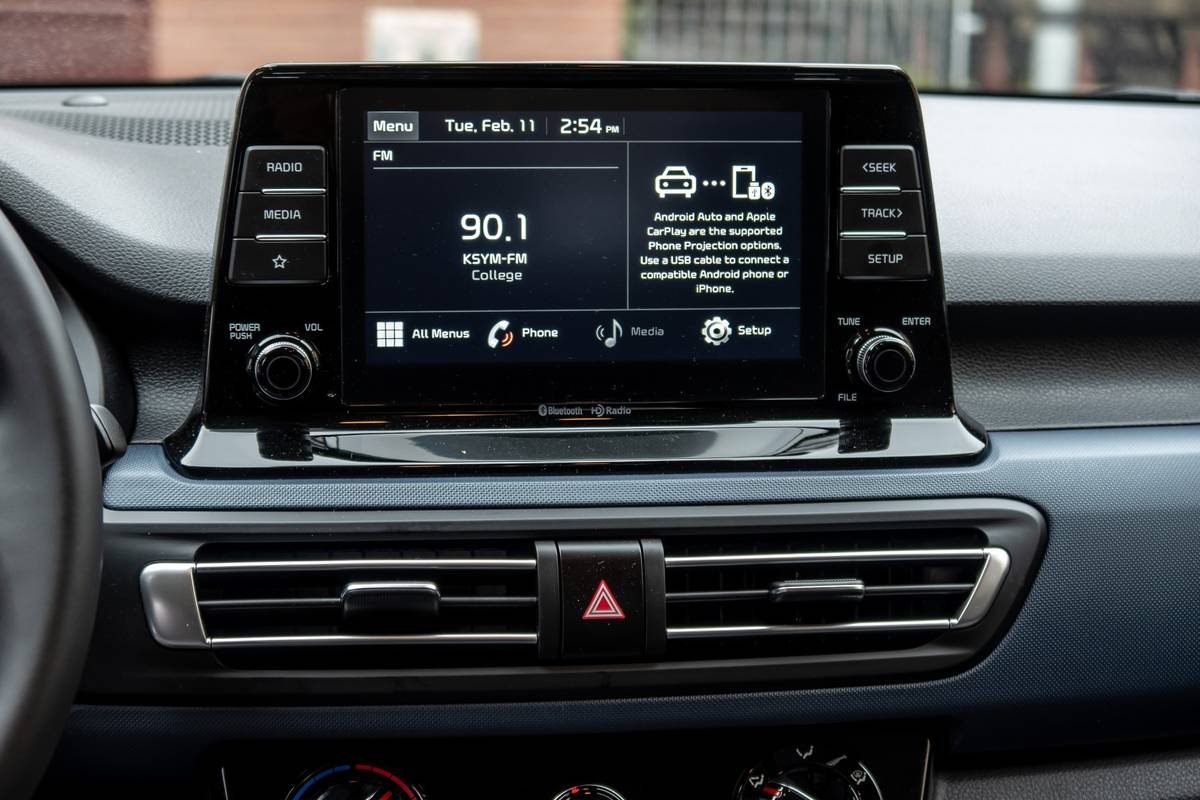
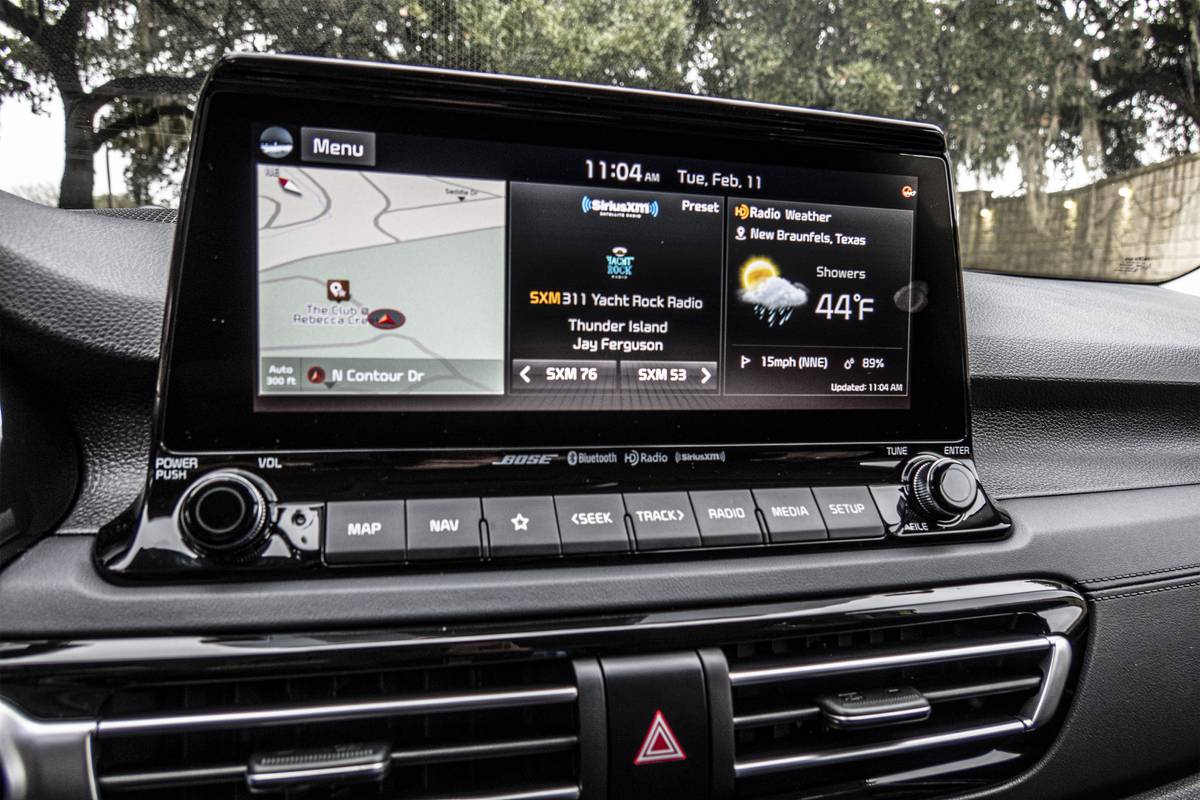
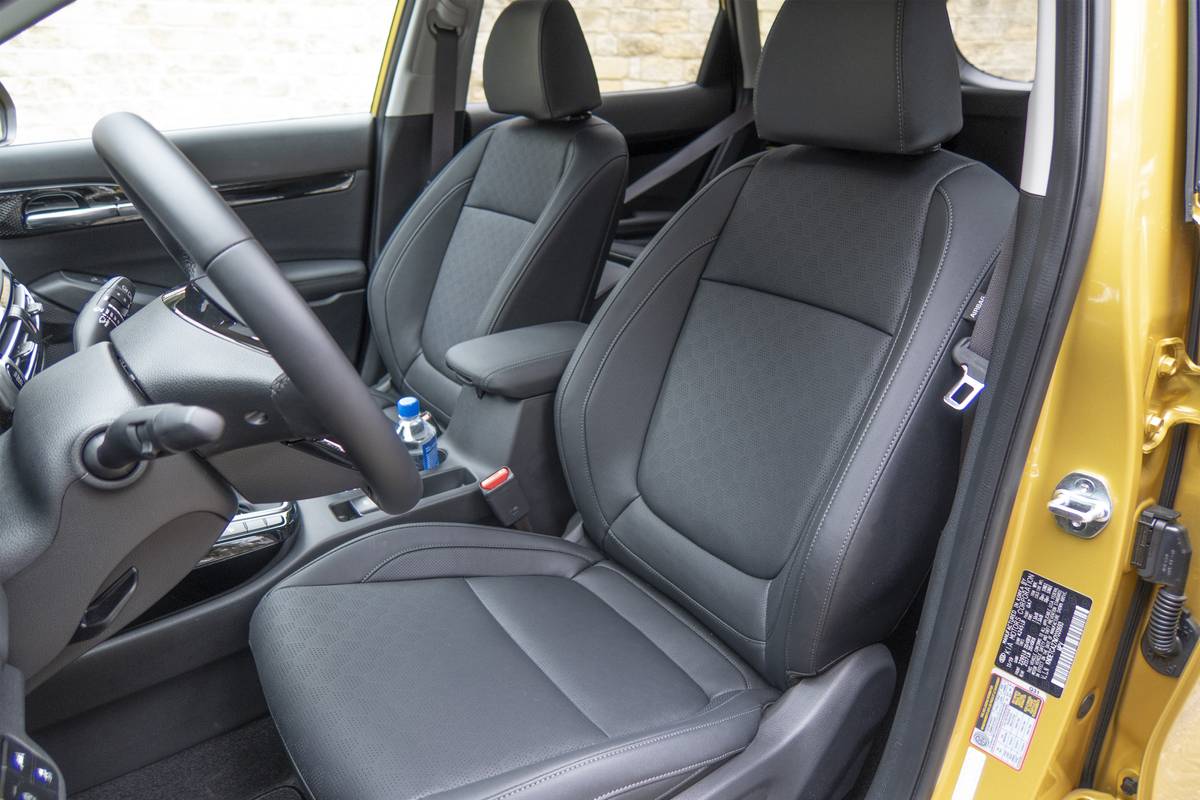













































Kia has staked a strong claim among big three-row SUVs with the new Telluride’s traditional SUV looks and smart tech. Now the brand is aiming for similar looks-and-brains chemistry in a subcompact SUV with the 2021 Seltos. Doing it smaller and cheaper is harder, and the Seltos makes more compromises, but it works.
Related: 2021 Kia Seltos Boasts Competitive Fuel Economy Ratings
- ${price_badge()}
- ${ami_badge()}
- ${battery_badge()}${ev_report_link()}
- ${hot_car_badge()}
- ${award_badge()}
- ${cpo_badge()}
${price_badge_description}
${ami_badge_description}
The EV Battery Rating is based on this vehicle's current expected range relative to the vehicles expected range when new. ${battery_badge_text}
Certified cars are manufacturer warrantied and typically go through a rigorous multi-point inspection.
This car is likely to sell soon based on the price, features, and condition.
${award_blurb}
${award_two_blurb}
Shop the 2021 Kia Seltos near you


The Seltos is a “tweener” in size, much like the new Mazda CX-30 and the Nissan Rogue Sport. It’s bigger than many subcompacts — about 8 inches longer and roomier than the corporate cousin Hyundai Kona. In the Kia stable, it’s about the same height and width, but nearly 7 inches longer than the Soul hatchback — and only 4.4 inches shorter than the Sportage compact SUV.
Beyond size, two things distinguish the Seltos from most rivals: All Seltos trim levels but one have standard all-wheel drive, and it offers an optional engine upgrade. Also unusual, Seltos offers two base trim levels at the same $23,110 starting price with destination: an LX with limited features and all-wheel drive or an S with more goodies but front-wheel drive. Moving up is the S 1.6T with a more powerful turbo engine option, then the fancier EX with the base engine. On top is the SX, with both the turbo and exclusive sophisticated tech — and a starting price of $29,010 that tests the limits of what people will spend for a subcompact, even if it’s a larger one.
I tested the Seltos at a Kia event on city, highway and rural roads around San Antonio (per our ethics policy, Cars.com pays its travel and lodging expenses for such automaker events). I drove a top-level SX but also was able to check out a base-level S.

Telluride Looks
The Seltos makes a good first impression. It looks substantial and not cheap even at base levels. Like the Telluride, it has a traditional SUV profile and upscale details, including interesting diamond-texture trim around the grille. It doesn’t try too hard, though there is a lot happening on the front end with trim, sculpting and lighting assemblies. There’s also a hint of the stylish Volvo XC40 in the short clamshell hood, back pillar, and the contrast black or white roof option. A note on the two-tone roof: Production issues mean that at least initially you can have the contrast roof ($345) or a moonroof ($700), but not both.
Roomy Interior, Subcompact Quality
The interior design is nicely done, but the materials include a lot of grained plastic, including at touch points such as the tops of the doors. Armrests are well cushioned, however, and the SX includes softer-touch surfaces on the front of the dash and in the door panels. That’s not true on the rear doors, however, as materials drop off a bit in the back. While LX seats are all cloth, the S attractively mixes cloth with stitched Sofino (Kia’s imitation leather) trim; higher models get full Sofino upholstery.

The front cabin feels as roomy as some compact SUVs, and the seats are supportive if not overly cushy. In a plus for being a “tweener,” the backseat has more than subcompact room; I could sit behind myself (6-foot-2) with adequate leg and toe room and headroom. Backseat comfort is enhanced by a reclining seatback, but the padding on the seat feels a bit thin. The top two trim levels add a rear USB port and air vents.
Oddly, there is only single-zone climate control available — and only on the top two trim levels. But a shout-out for three-stage front-seat heaters (optional or standard on all but the LX) that are effective and controllable — not to mention much appreciated on a cold, damp day in South Texas.
The Seltos cabin is not as quiet as some rivals, with wind noise around the mirrors (it was a windy day) and a lot of highway tire noise, at least with the 18-inch wheels and 235/45 tires that are standard on turbo models. The cabin is otherwise quiet and engine noise does not intrude even when pushed.
Cargo space also is above the subcompact average — 26.6 cubic feet behind the backseat with the two-level load floor in its lower position and 62.8 with the 60/40-split rear seatbacks folded (both are slightly more than the Soul and significantly more than the Kona). Cabin storage is more limited, with a modest center console bin and an open bin at the front of the console with USB and 12-volt ports. A handy detail, however, is a phone shelf above that bin that the EX and SX equip with a wireless charging pad.

Upscale Tech
The tech showpiece — as in the Telluride — is a 10.25-inch touchscreen in the SX powered by Kia’s UVO multimedia and connectivity system that I like a lot. It sits high on the dashboard with a good sightline that’s still close enough for easy touch. It has navigation, impressive graphics, simple menus, and essential physical knobs and shortcut buttons. It makes effective use of all that real estate with a well-designed split screen that allows easy content switching. And the SX pairs it with Bose premium audio.
Quirky surprise: The SX multimedia system also offers soothing “sounds of nature.” Pick from a forest, sea waves, a rainy day, a cafe or a fireplace, and the screen shows a tranquil animated visual and restful sounds play. Just the thing when road rage bubbles up.

The SX trim level’s system looks great, but other trim levels get a not-shabby 8-inch touchscreen in the same location with knobs, shortcut buttons and easy smartphone integration. The SX also gets a colorful 7-inch information display between the analog dials; others make do with a more typical 3.5-inch screen.
How It Drives
The base 146-horsepower four-cylinder is mated to the continuously variable automatic transmission first seen in Kia’s redone Forte sedan. The power should be adequate for most buyers and the CVT is one of the better behaved of its ilk, with diminished droning and electronic management to adapt its shift logic to the driver and conditions.
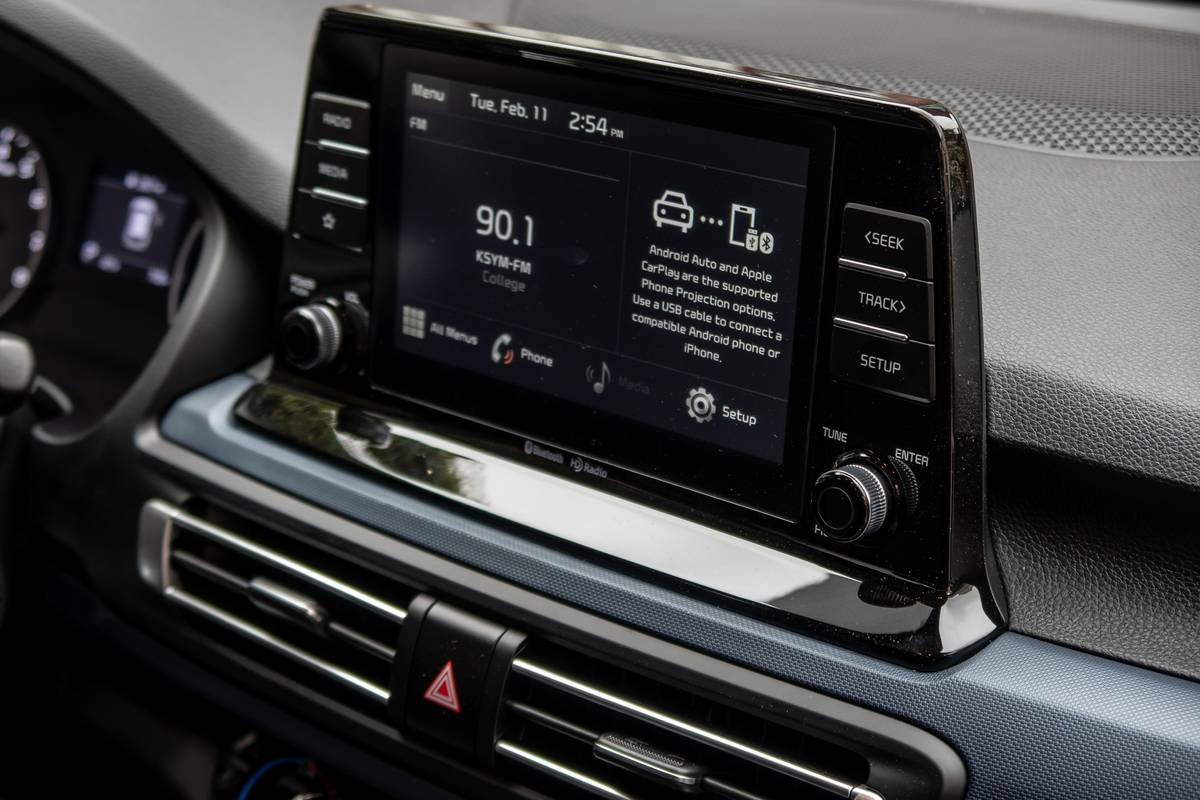
The optional engine is a 175-hp version of Kia’s turbocharged 1.6-liter four-cylinder mated to a seven-speed dual-clutch automatic. I enjoyed the extra power (who doesn’t?) but found it hard to drive smoothly. The turbo lags a beat or two from a start, then kicks in with force faster than you can back off. And the seven-speed had occasional lapses on downshifts, sometimes hesitating even at partial throttle and, when pressed harder, pulling two pronounced downshifts to find the appropriate gear. I’ve had the same issues in other Hyundais and Kias — in the Soul, for example, with the seven-speed and 1.6-liter (in 201-hp tune) — so I was not surprised but still disappointed.
Manual control via the lever (Seltos does not offer paddles) helped, as did the Sport driving mode — but it was never really smooth. The Smart driving mode was perhaps best for general driving, varying between Sport and Normal as called for by conditions. The base powertrain might better suit many buyers.

Beyond the powertrain, the chassis is rigid and body roll is well controlled, and all the AWD models benefit from a fully independent multilink rear suspension (the front-wheel-drive S has a semi-independent torsion beam). The torque-vectoring AWD is more robust than many subcompact systems and was effective in shifting power for cornering. The steering also is quick and precise, though way too light and numb to offer much feedback.
The AWD system also includes a locking centering differential and hill descent control. Both are suitable for as much soft-roading as you’d want to tackle with 7.3 inches of ground clearance and only decorative “skid plates.” But it ably handled a short off-road course that light rain turned to slick mud.

Safety Tech Not Across the Board
Safety tech on the Seltos LX does not include a front collision system with automatic braking. Such a system with pedestrian detection is on all other Seltos trim levels, and the SX adds a more sophisticated system that also can detect bicycles. Standard driver assistance tech from the S model up also includes lane departure warning, lane-keeping steering assist and automatic high beams. The S 1.6T and up get a blind spot monitor with rear cross-traffic alert and automatic reverse braking. The SX offers adaptive cruise control that is quick to resume speed and works down to stop along with an effective lane-centering system.
Value at Both Ends
The Seltos is a compelling value at each trim level with above-average space, standard features and available options, as well as a generous warranty of up to 10 years/100,000 miles on the powertrain. Unless you really need AWD, the base S with FWD is a better entry value in looks and features — and at the other end, if you want most of the room and smart tech of an SUV a size class larger, the SX offers that at a cheaper price.
Cars.com’s Editorial department is your source for automotive news and reviews. In line with Cars.com’s long-standing ethics policy, editors and reviewers don’t accept gifts or free trips from automakers. The Editorial department is independent of Cars.com’s advertising, sales and sponsored content departments.

Former D.C. Bureau Chief Fred Meier, who lives every day with Washington gridlock, has an un-American love of small wagons and hatchbacks.
Latest news
